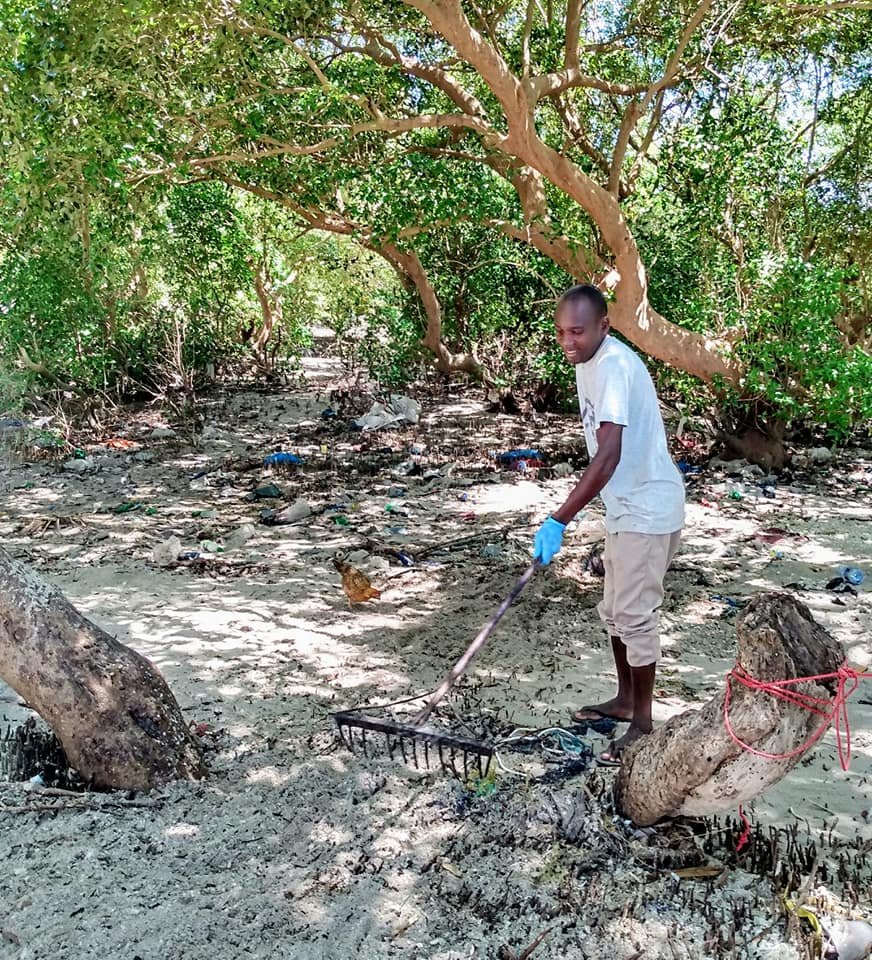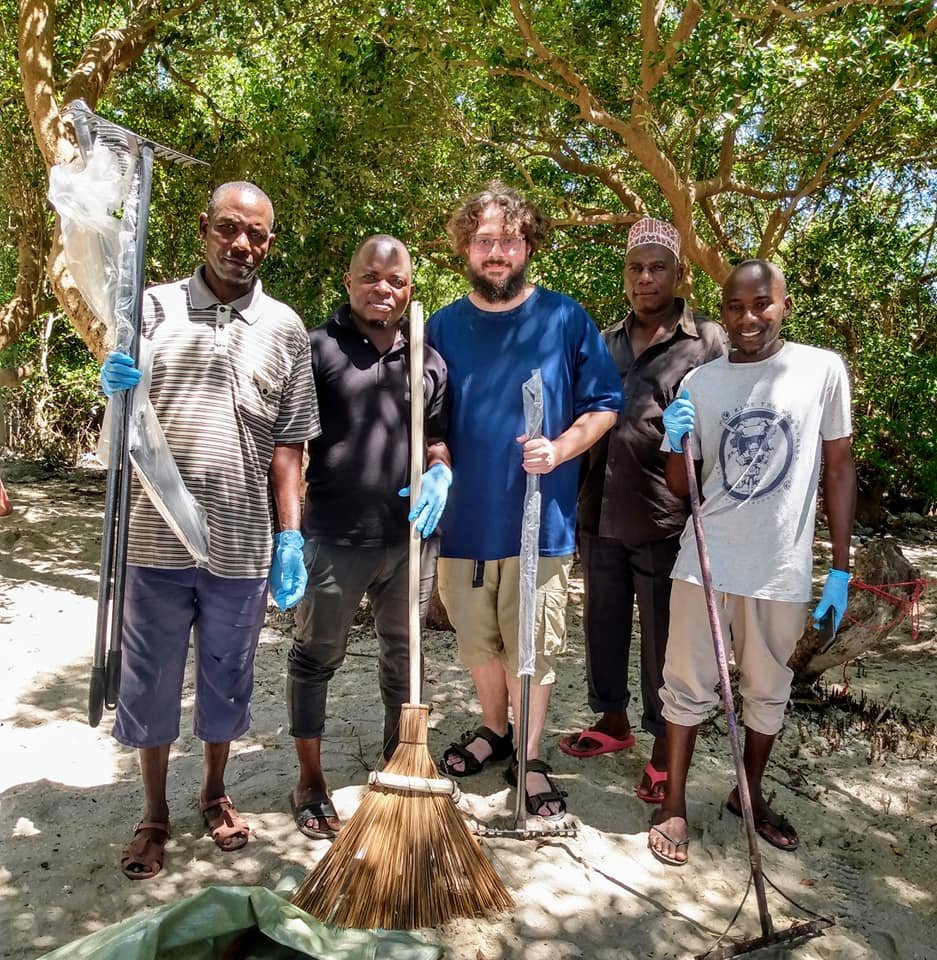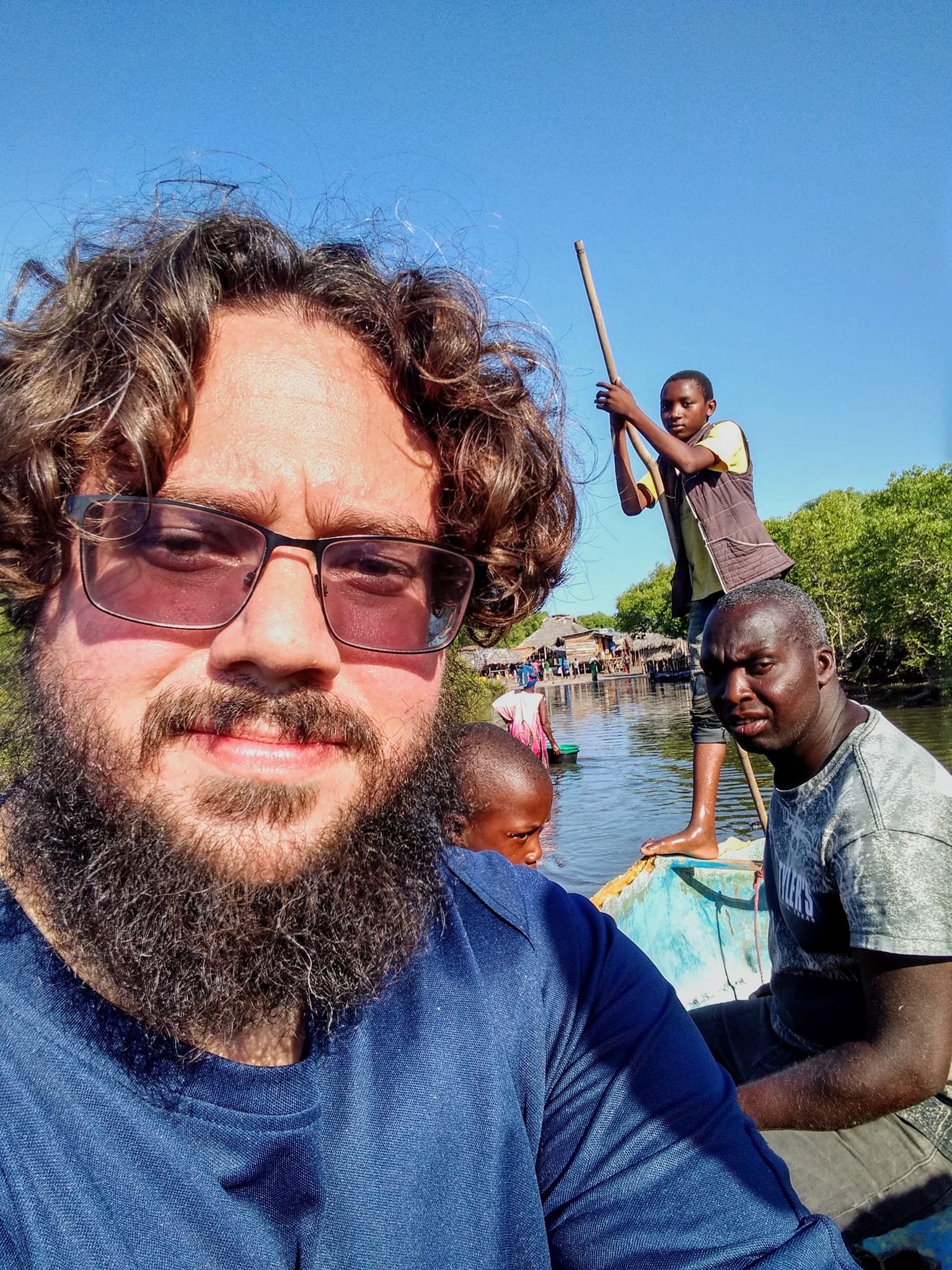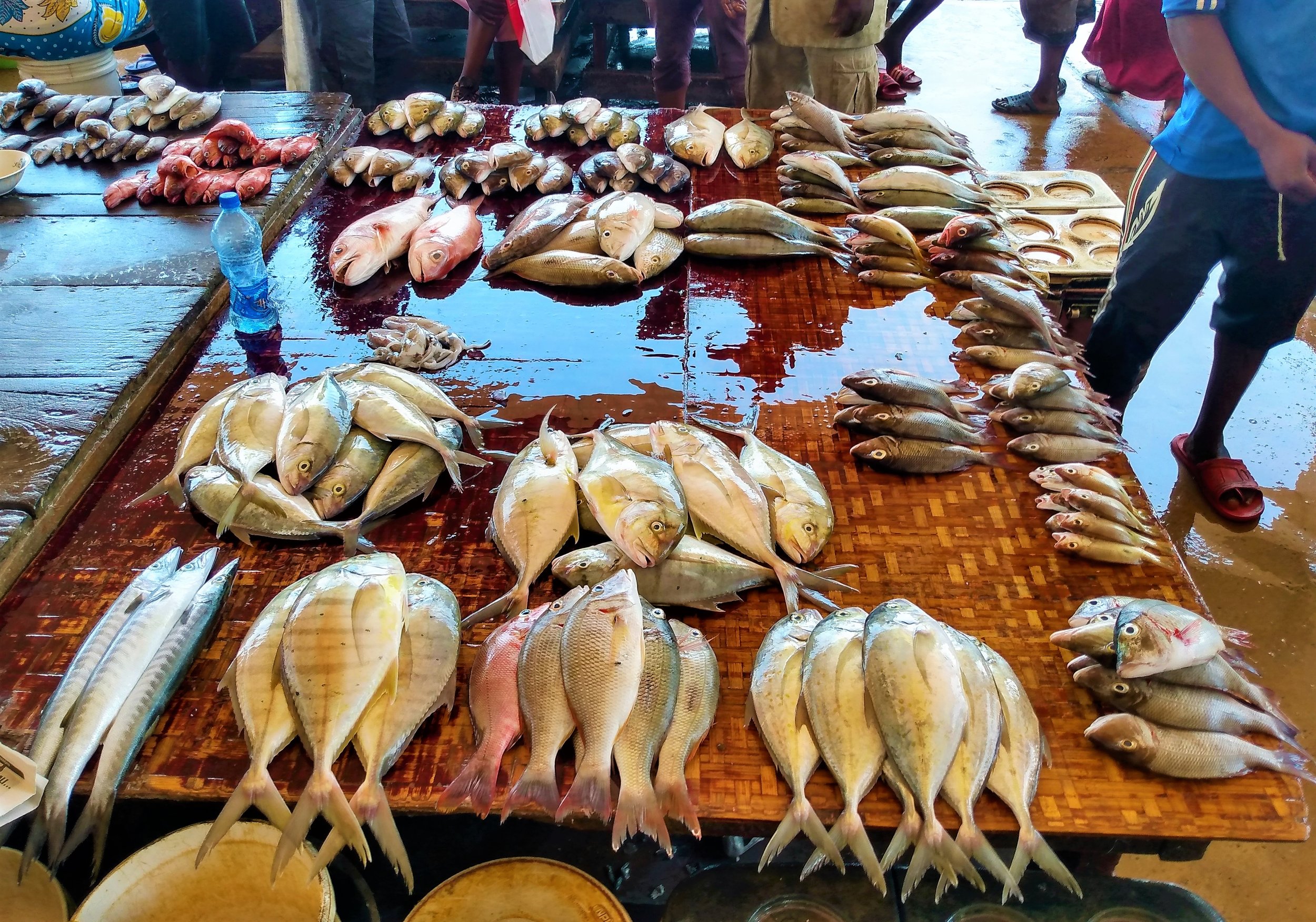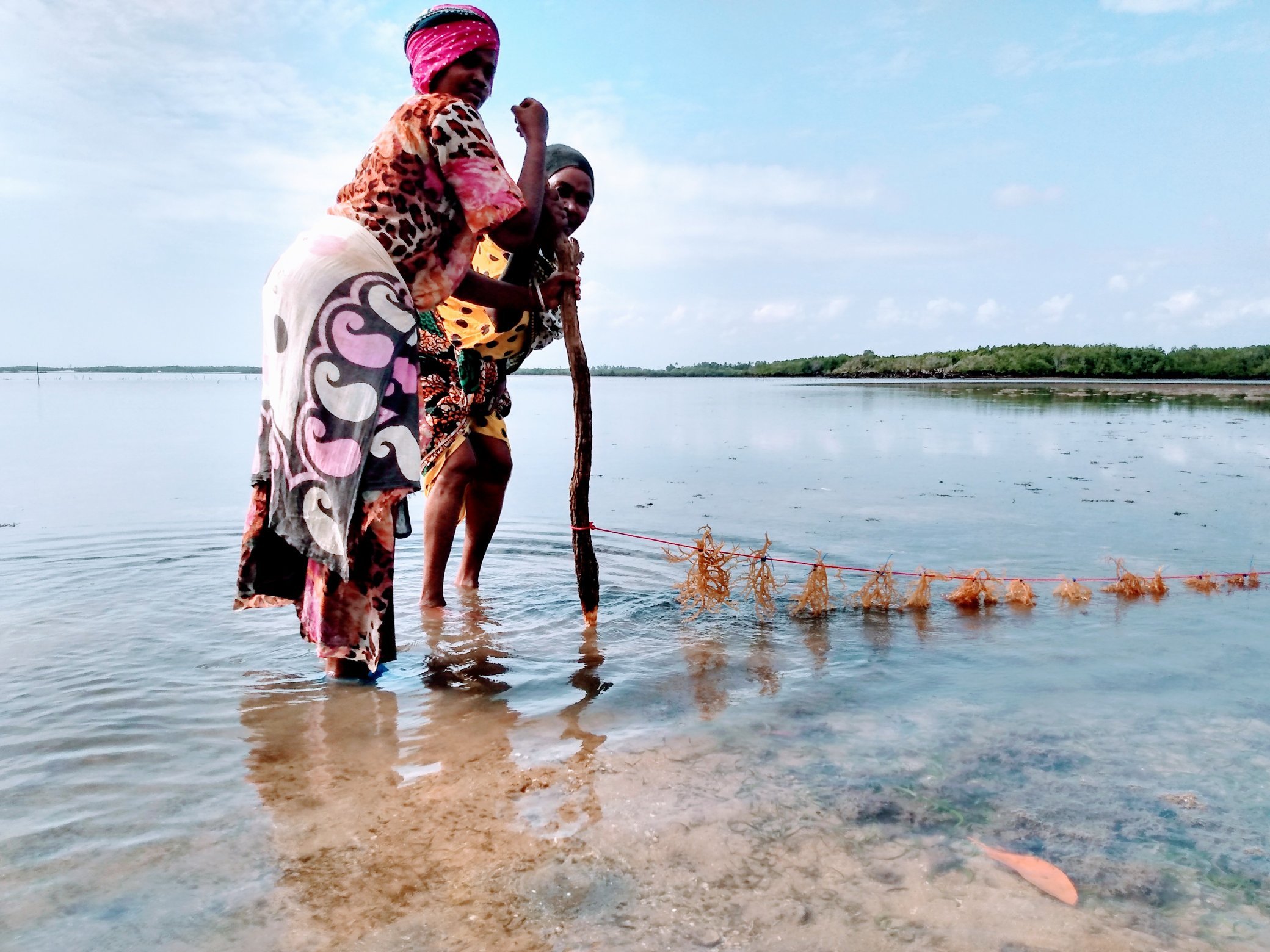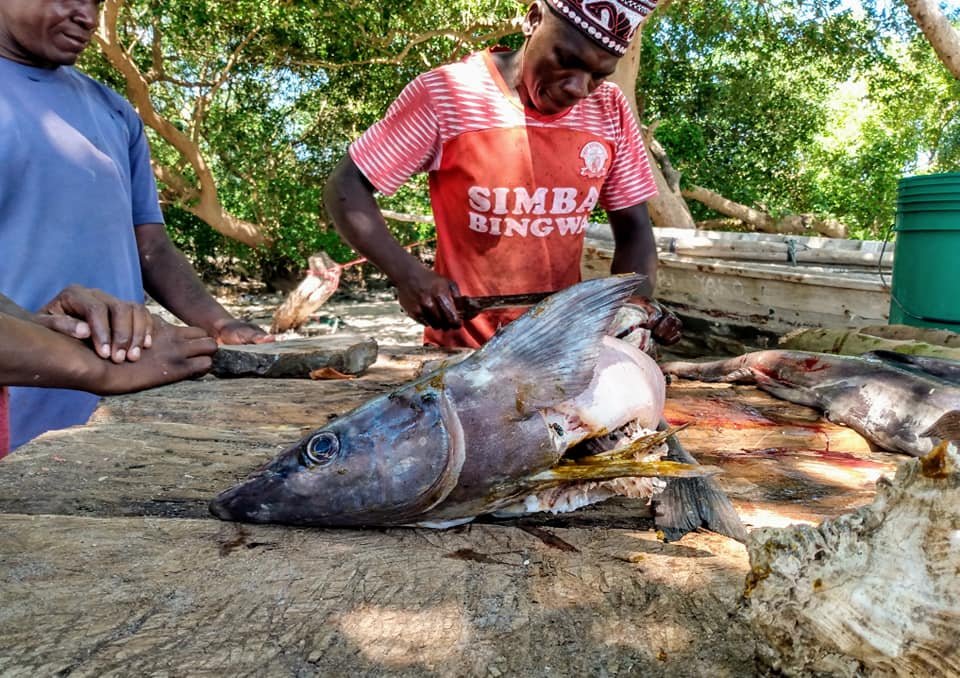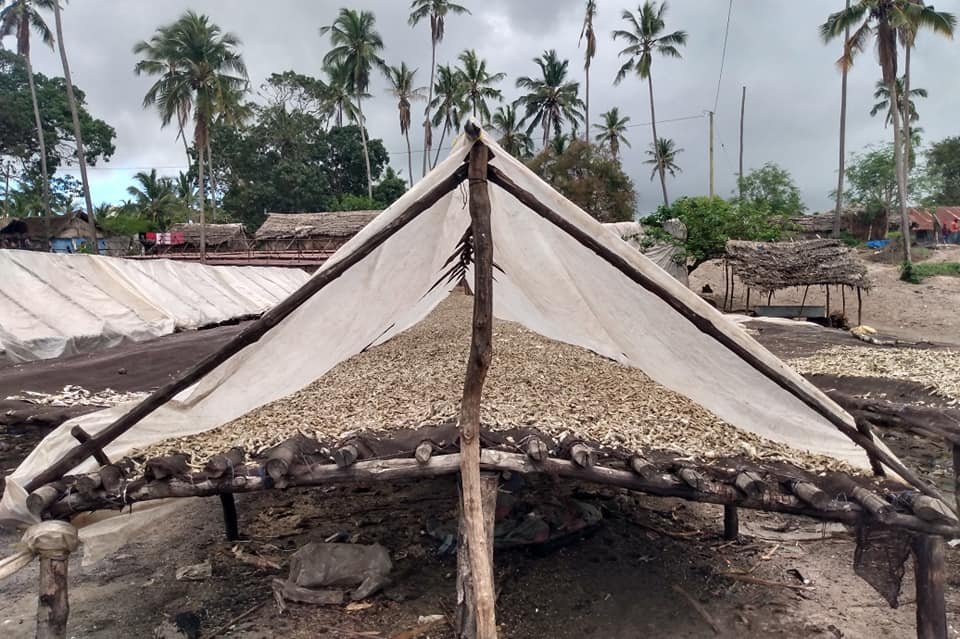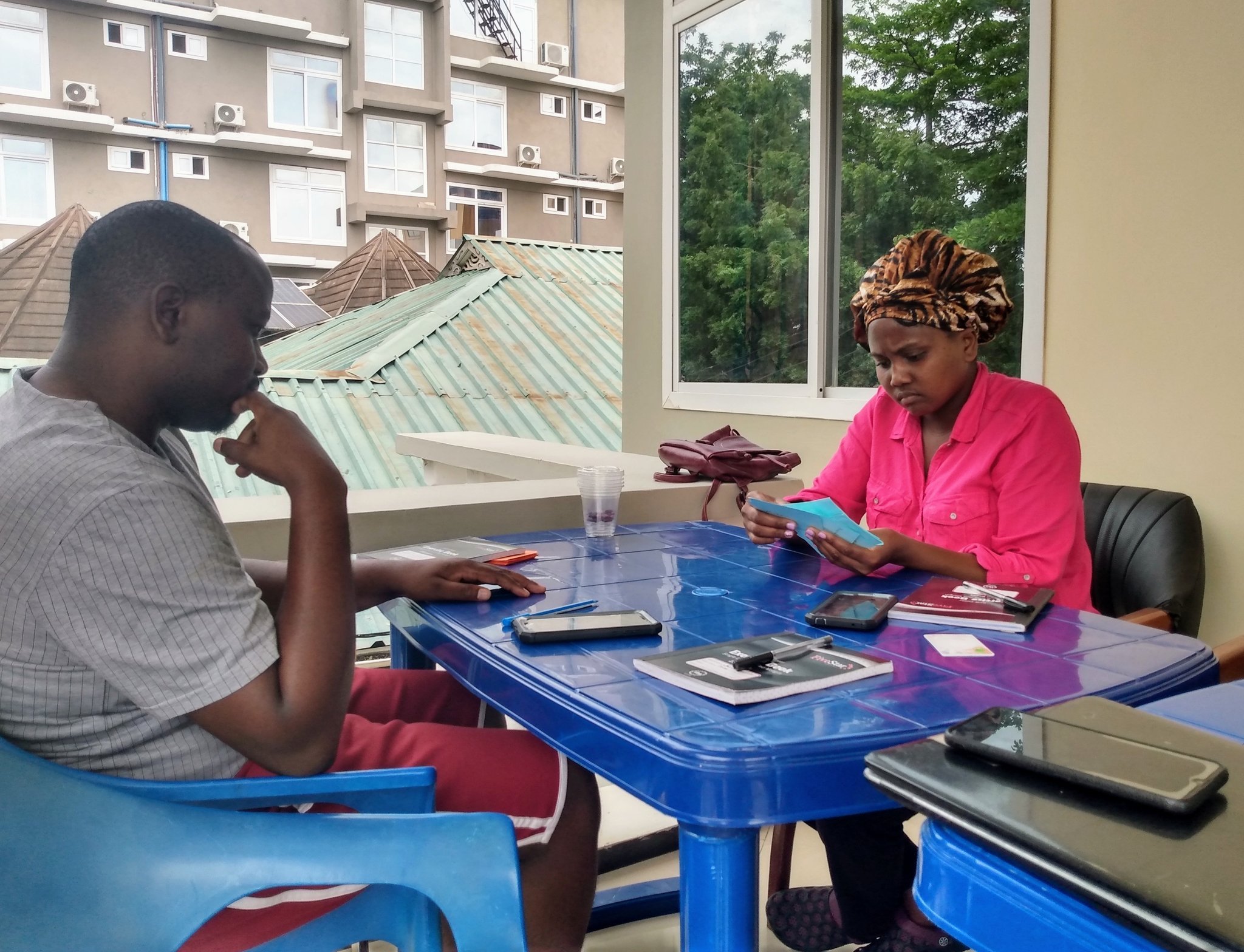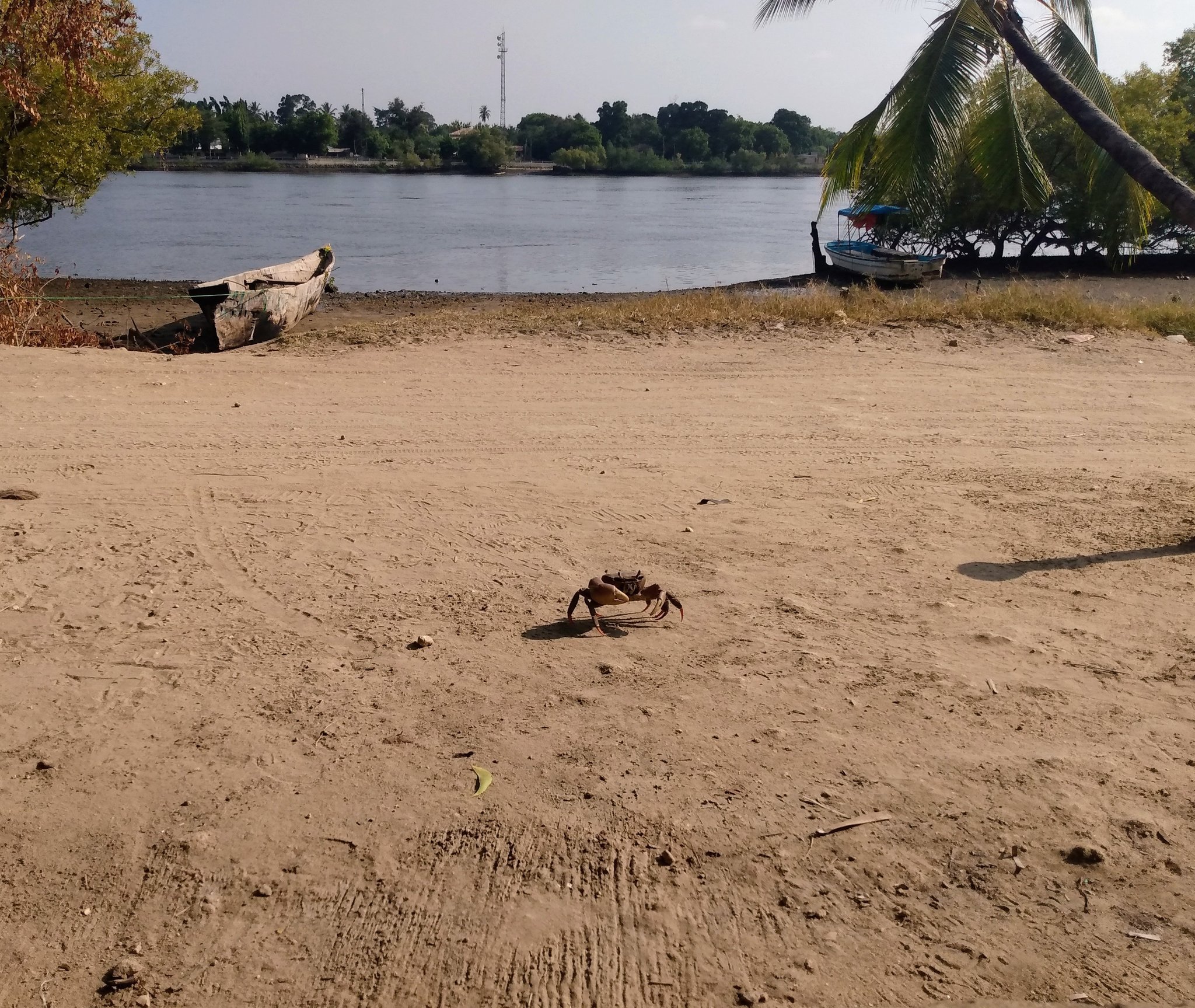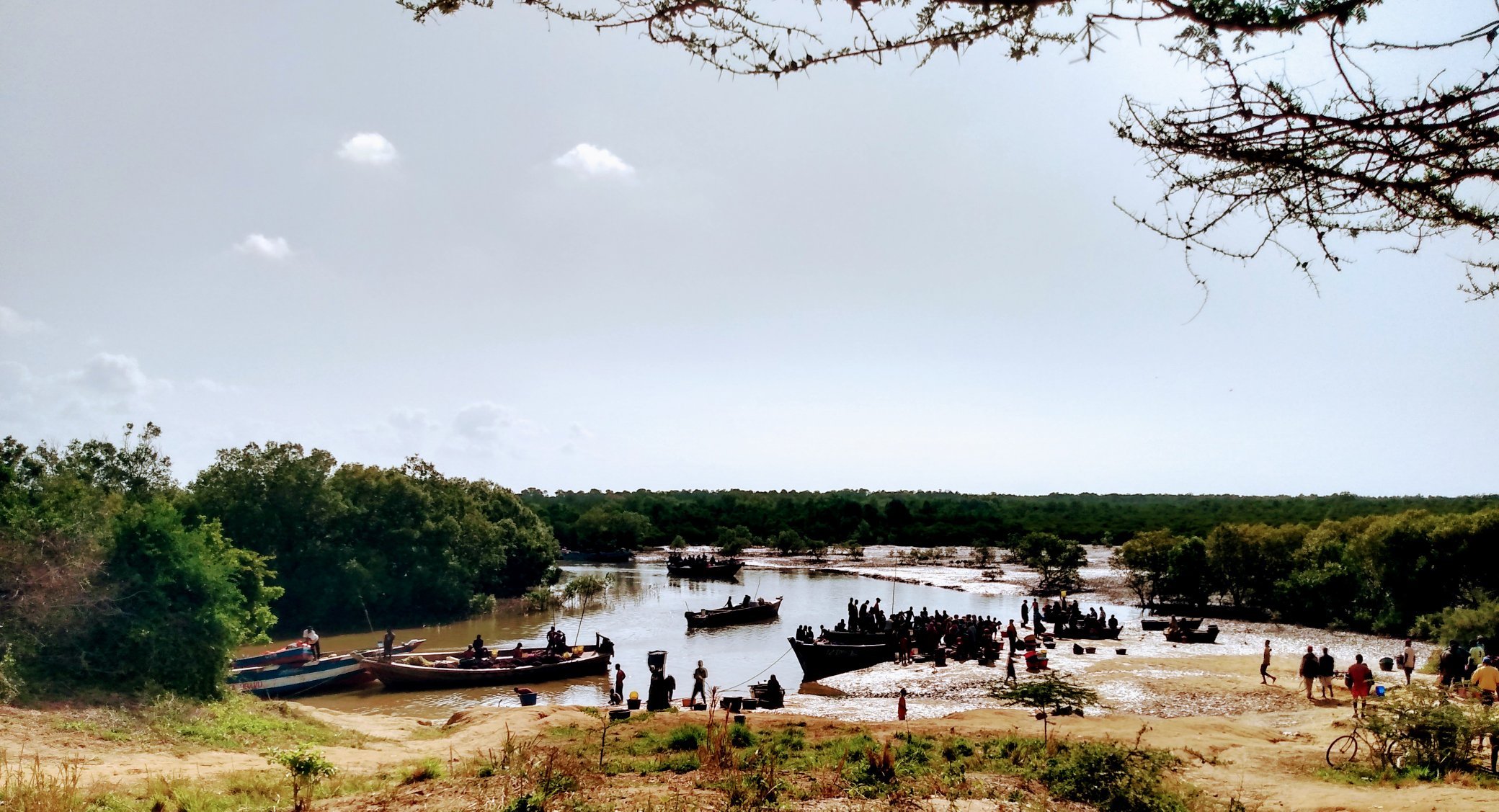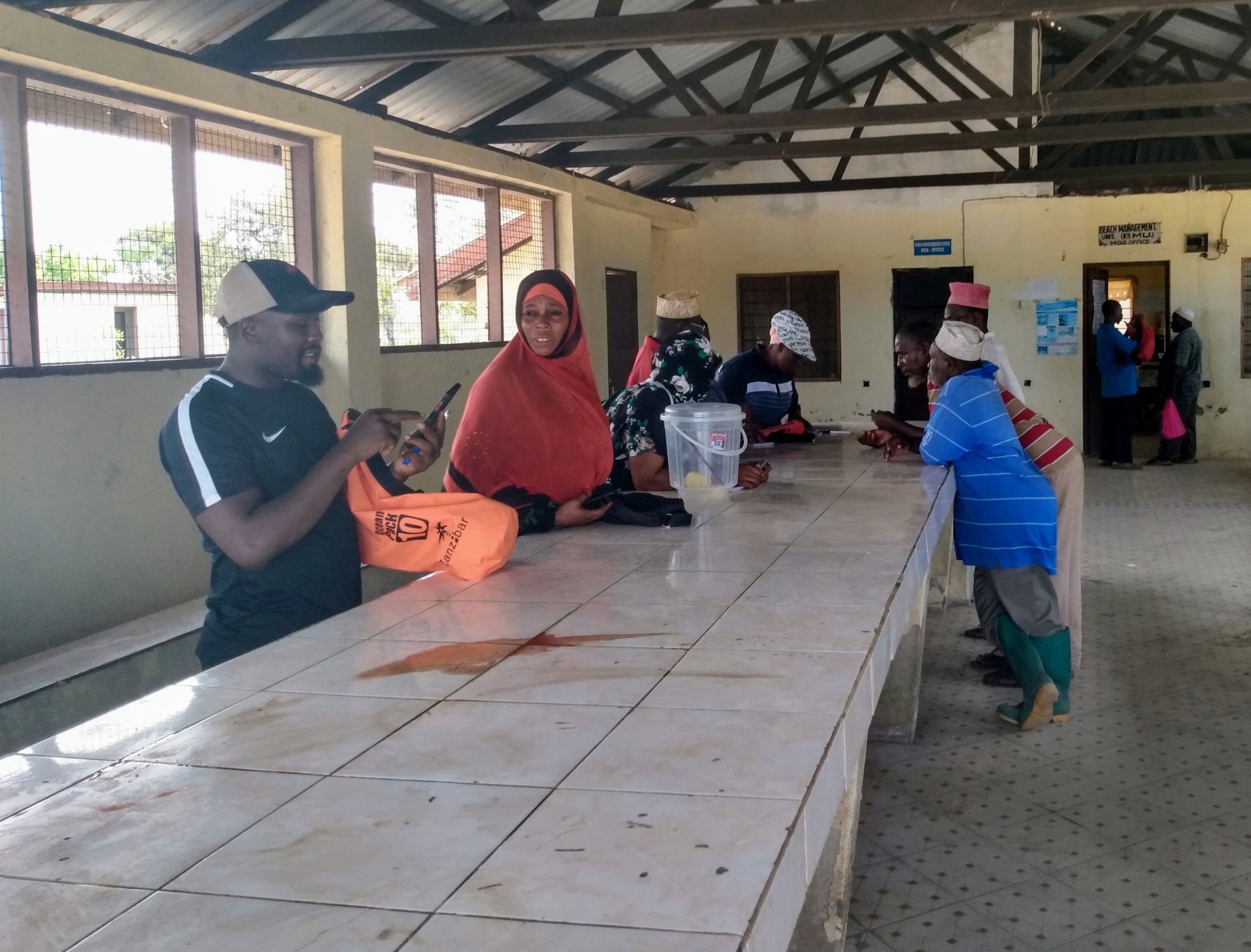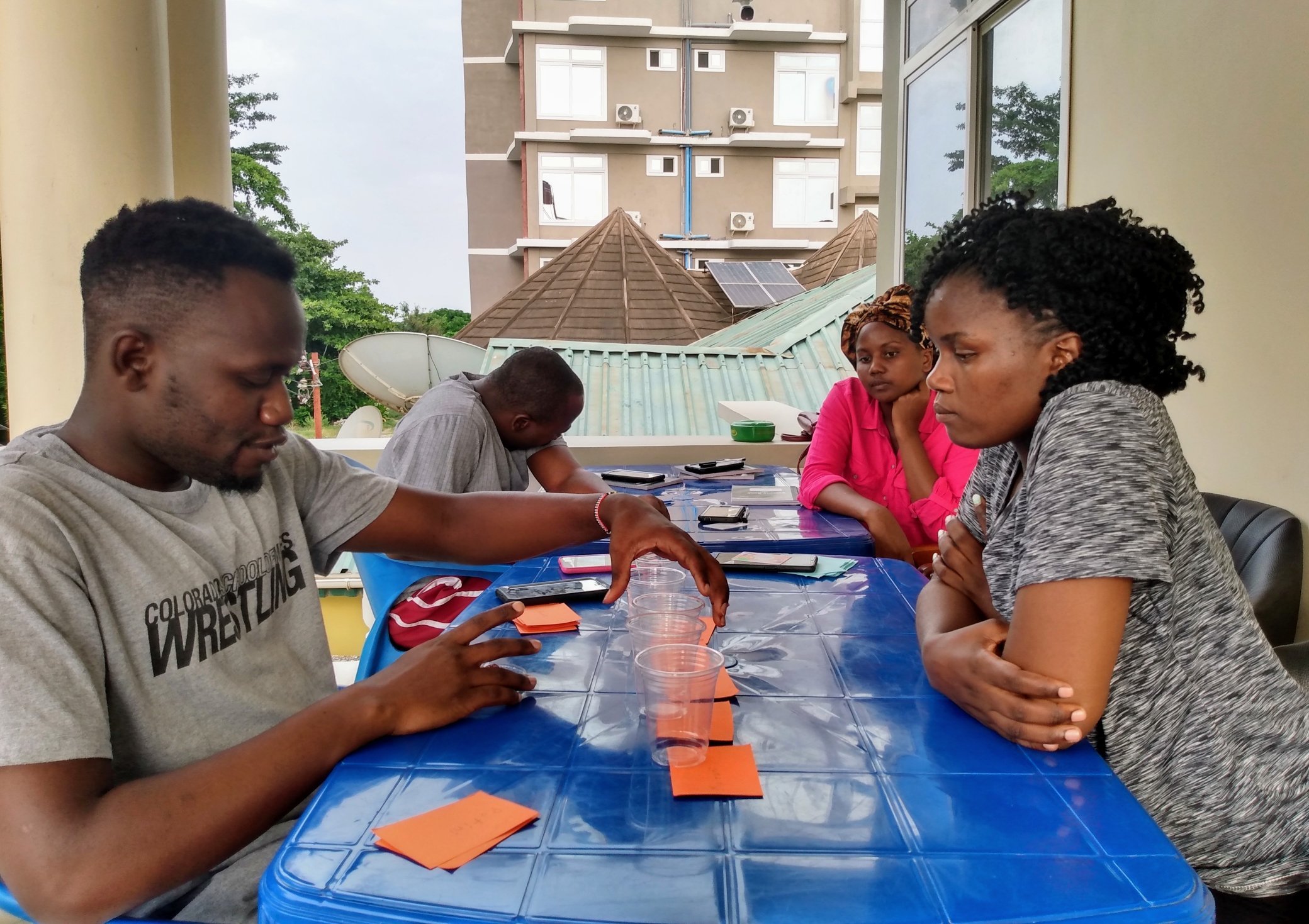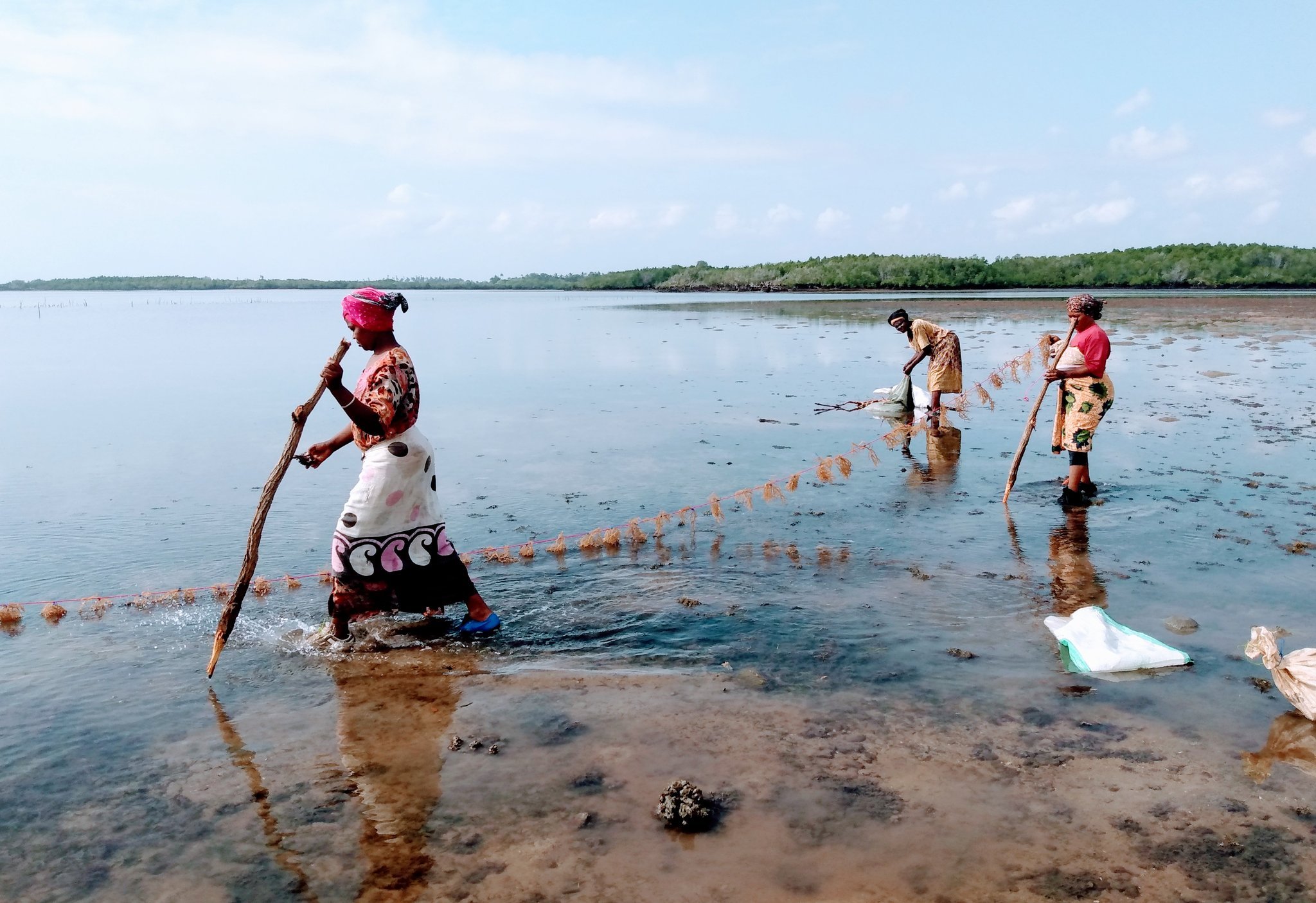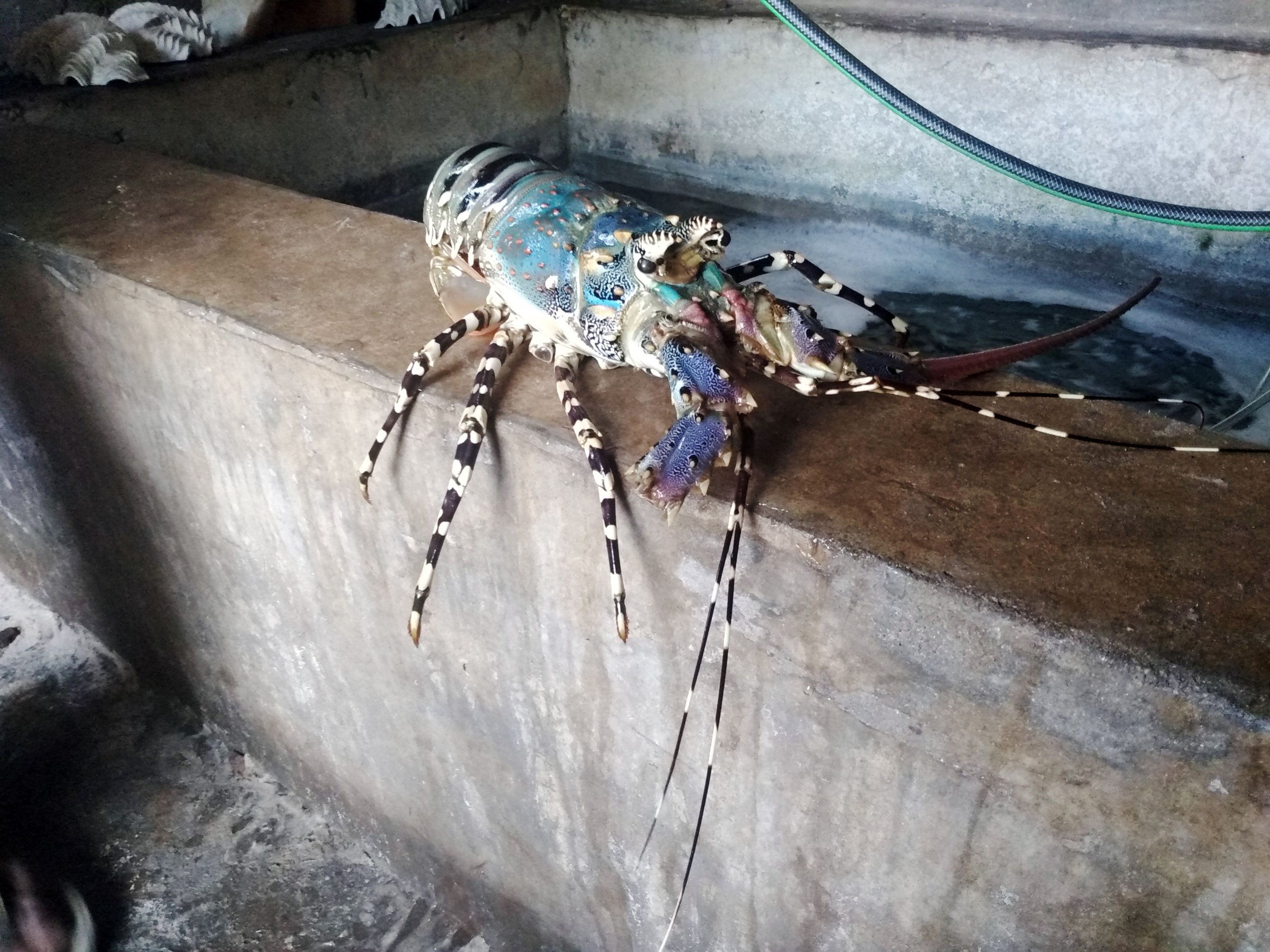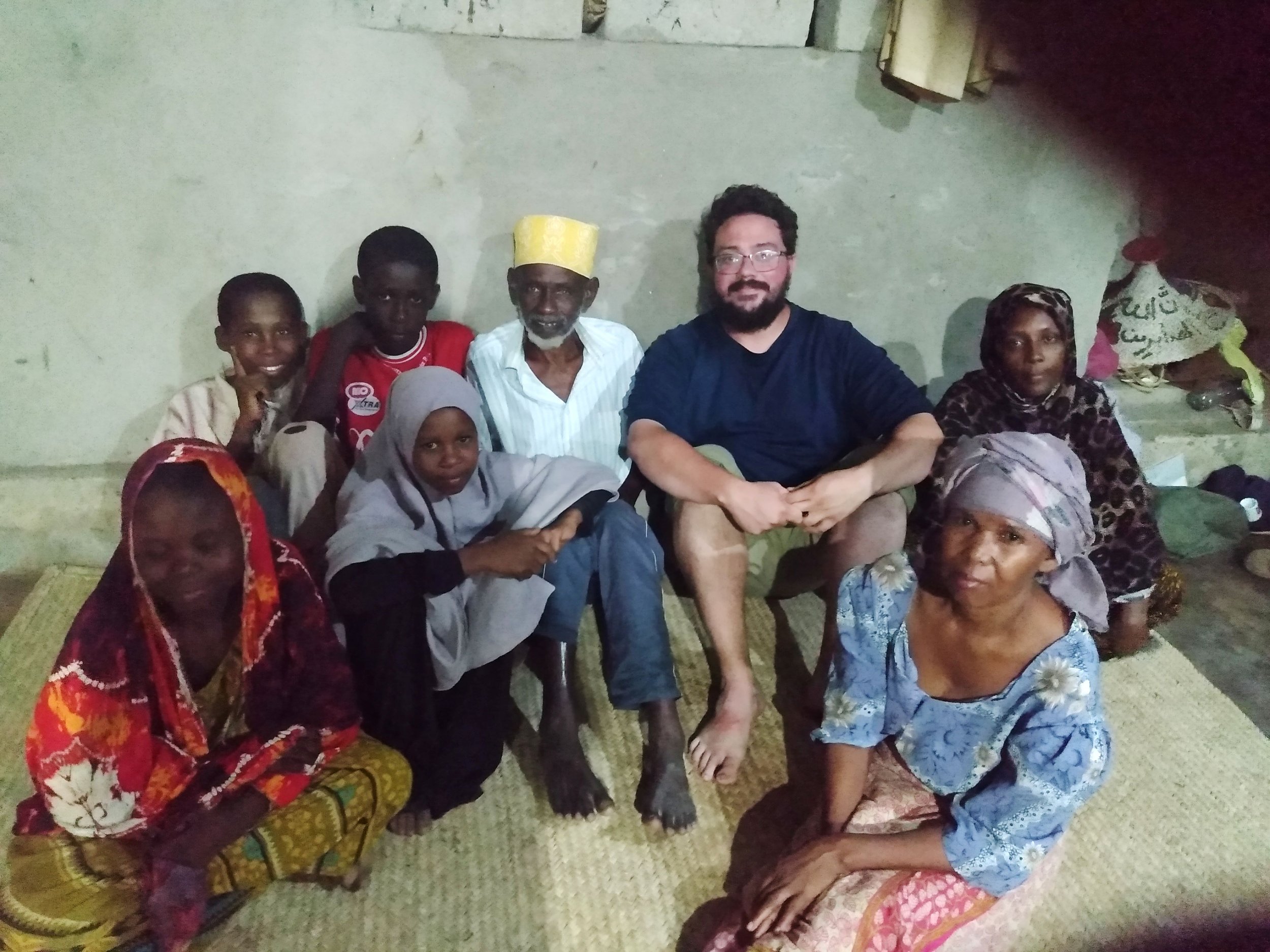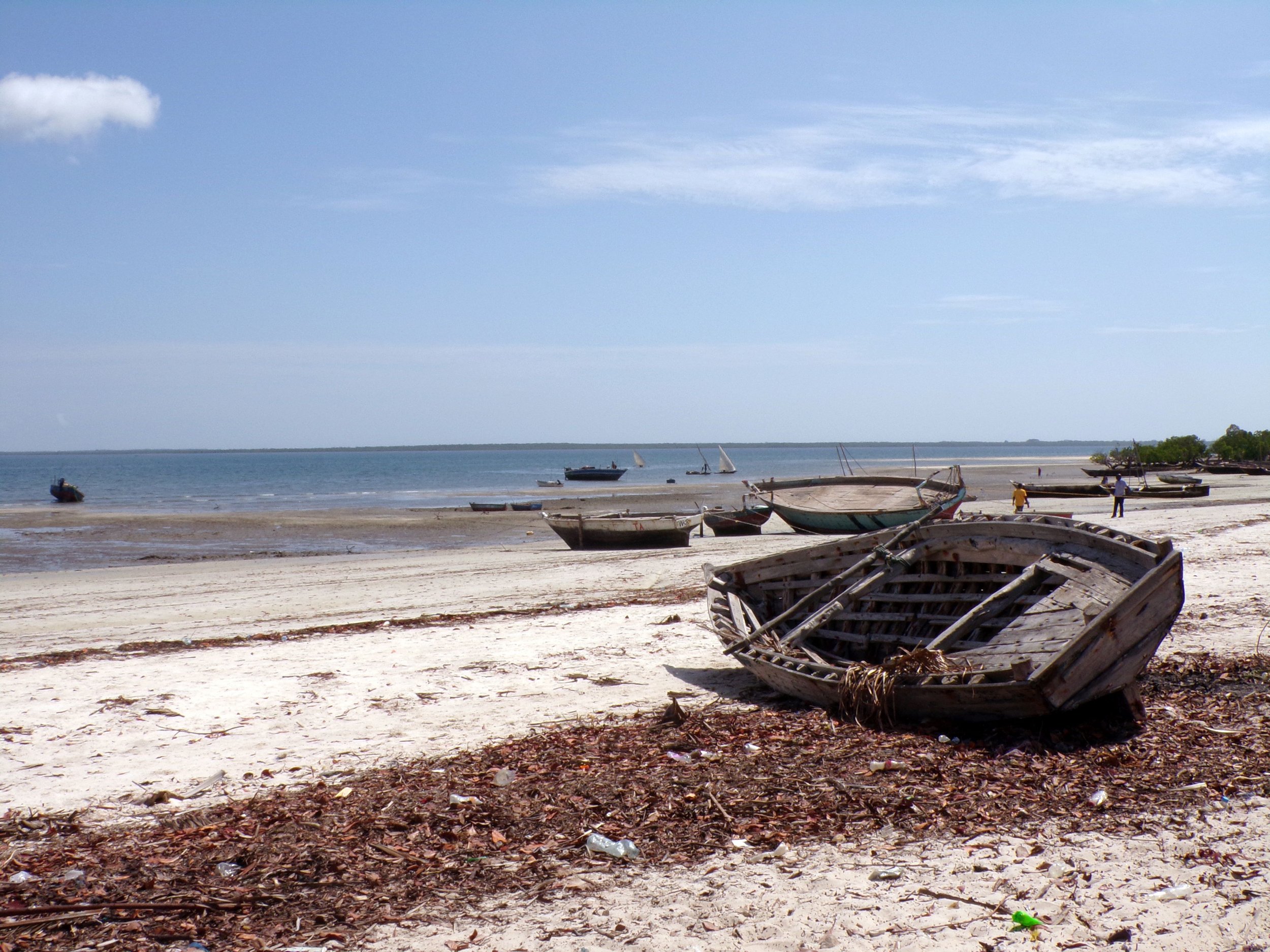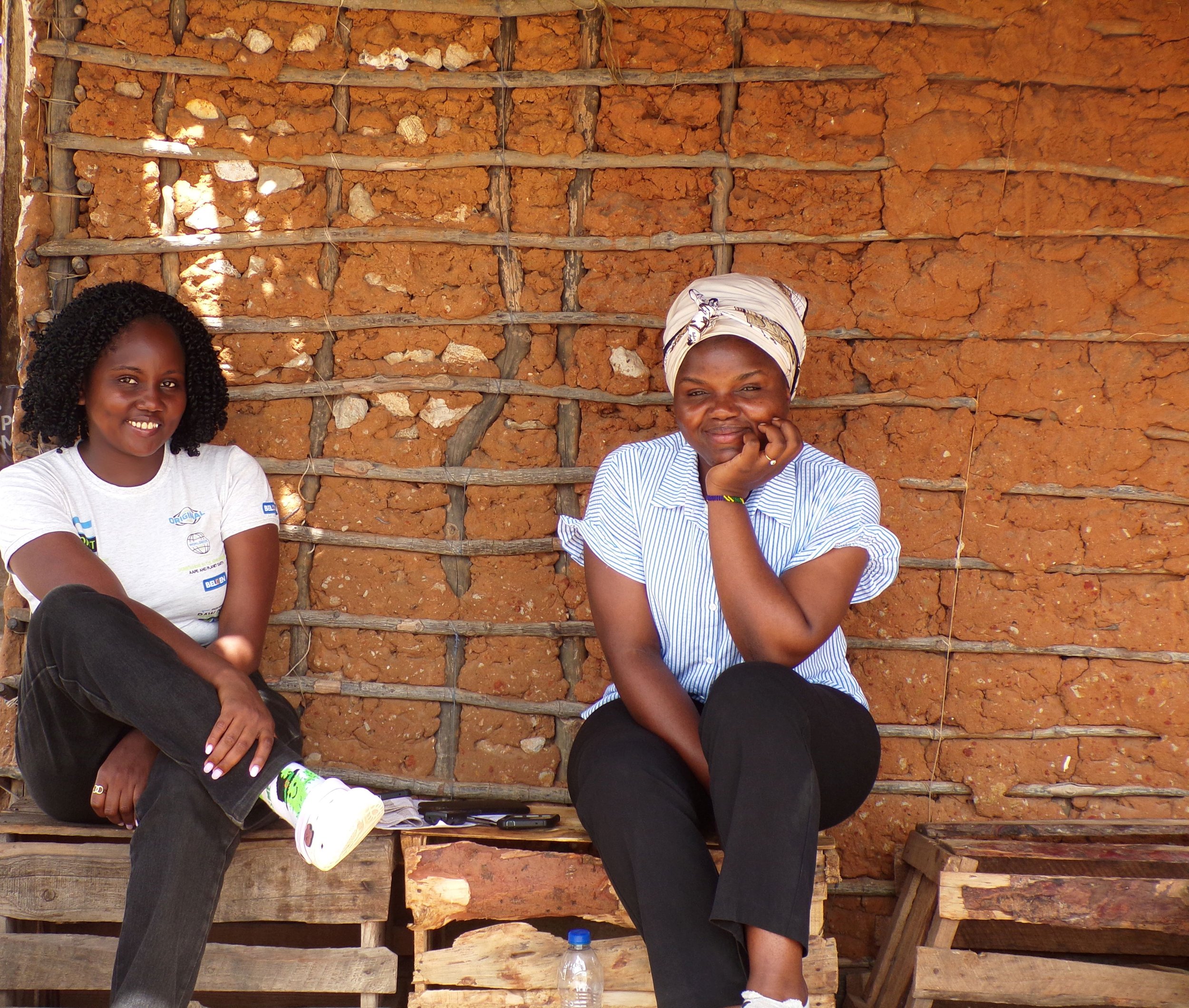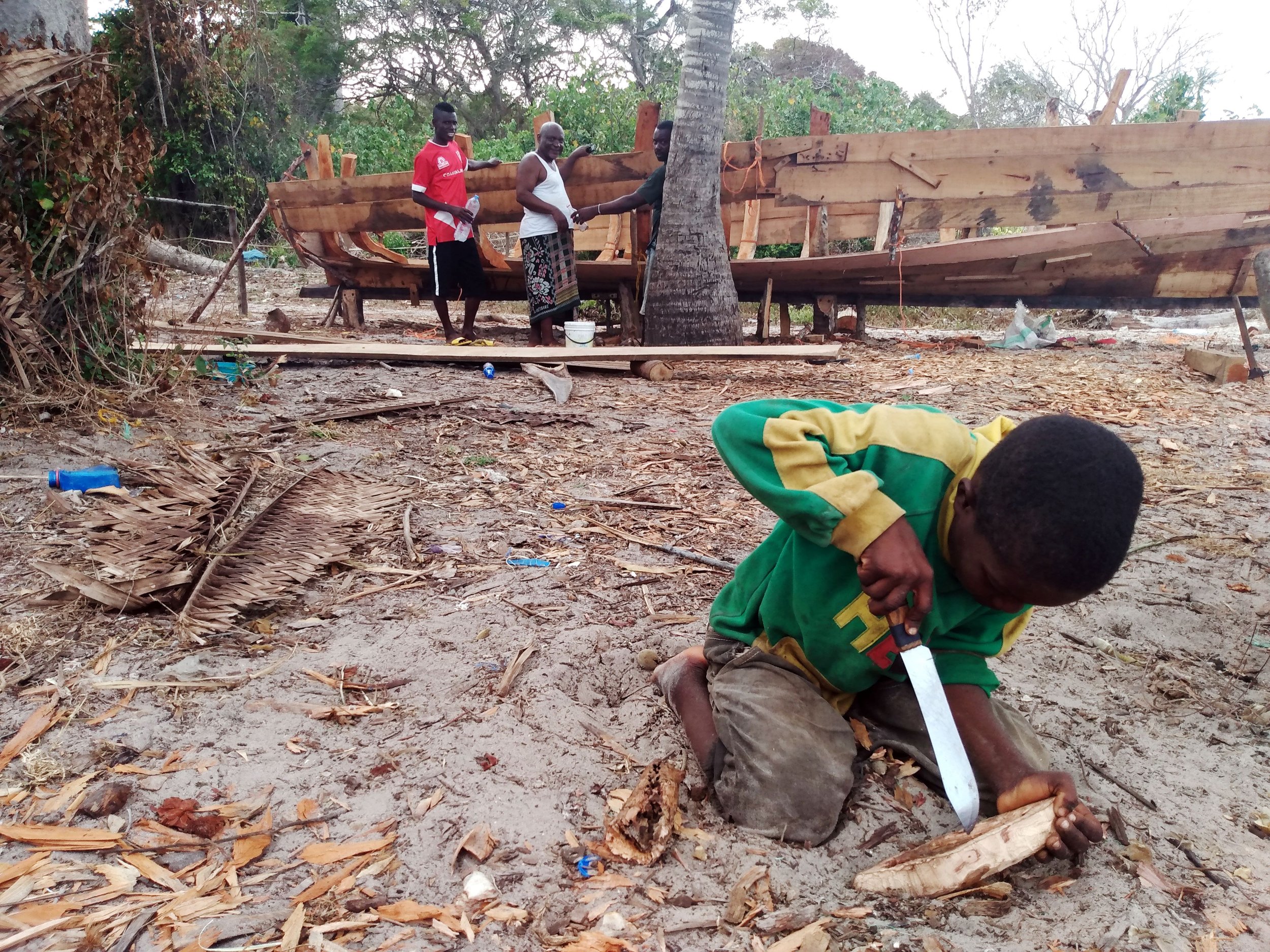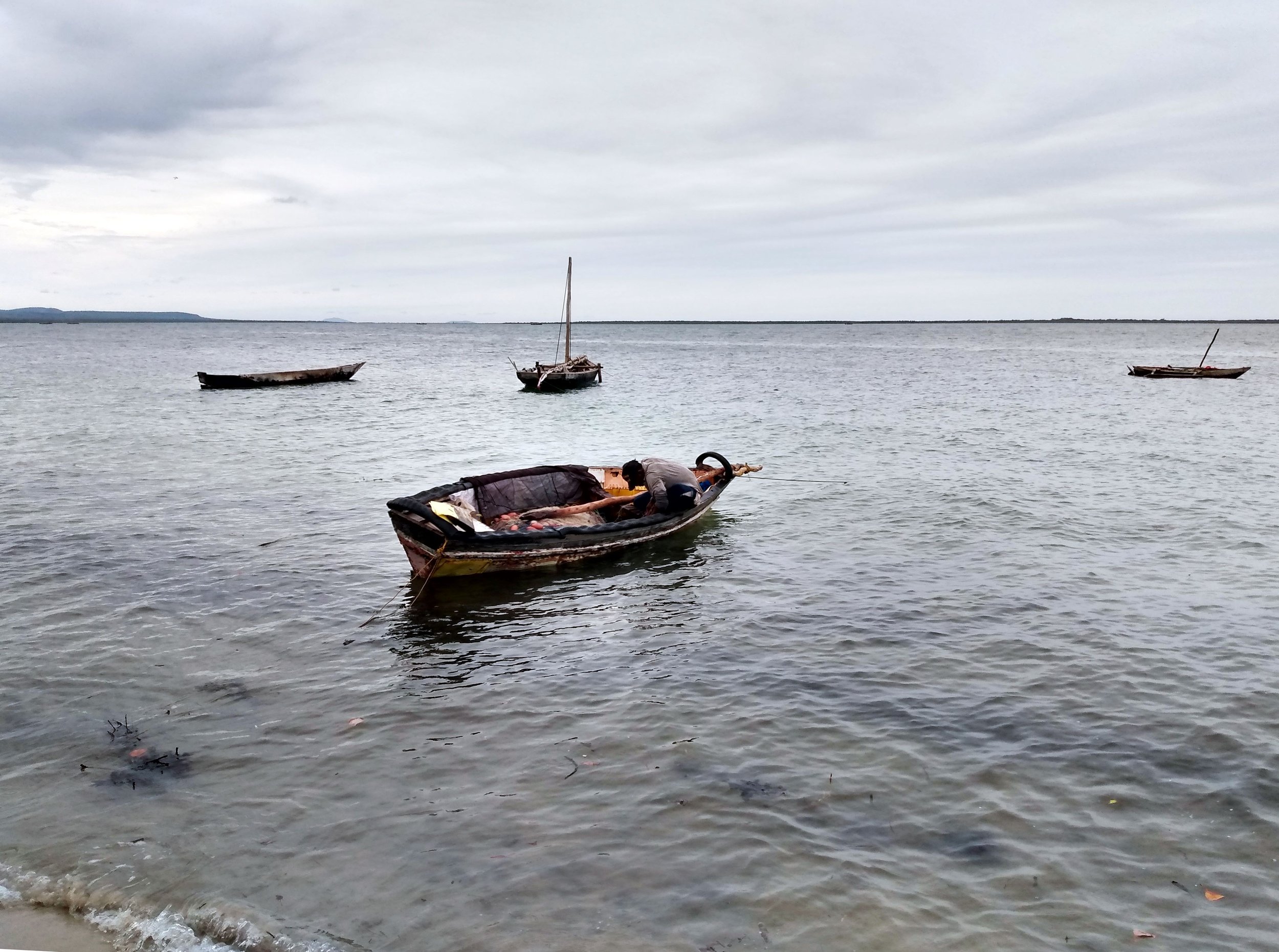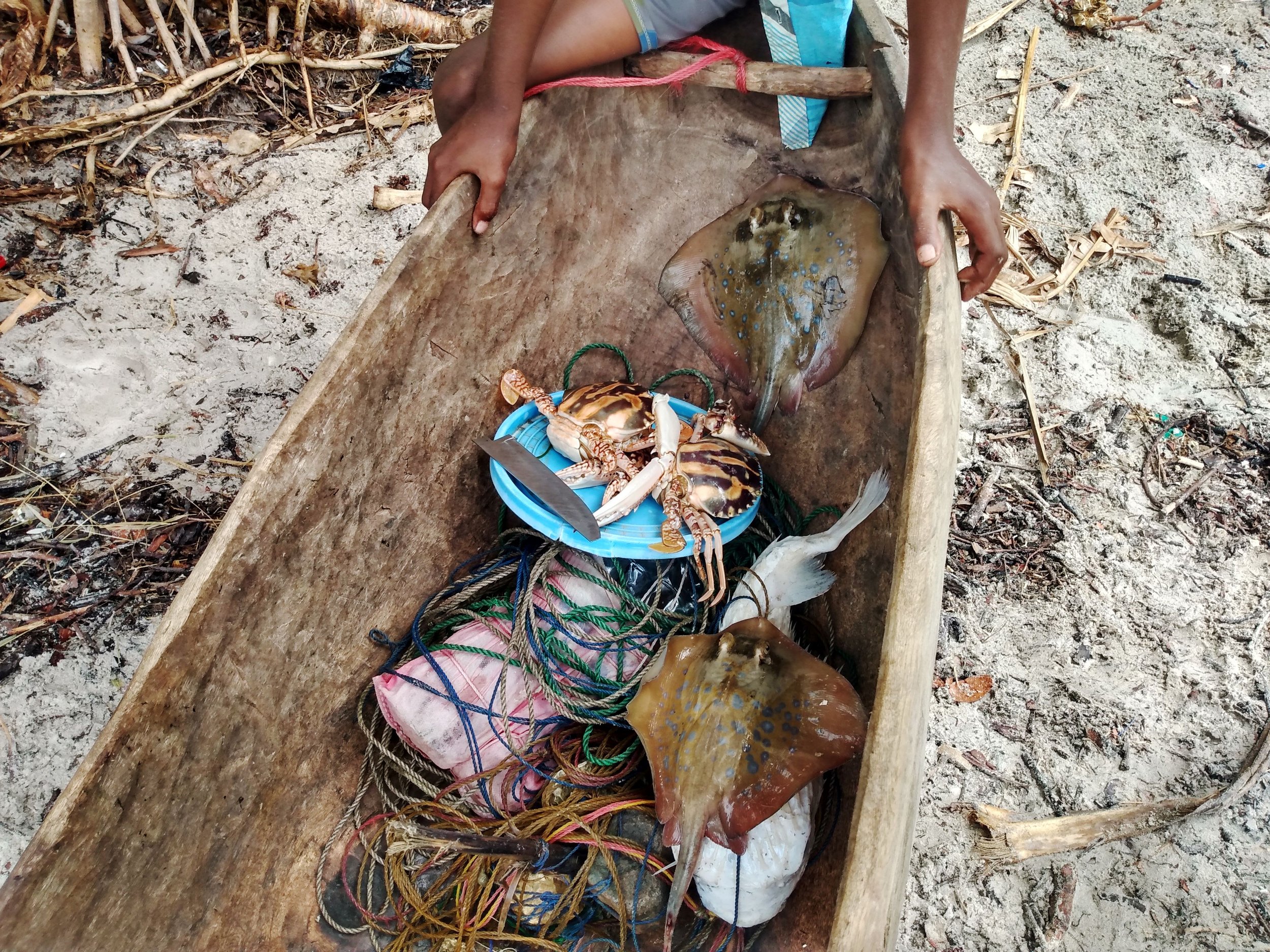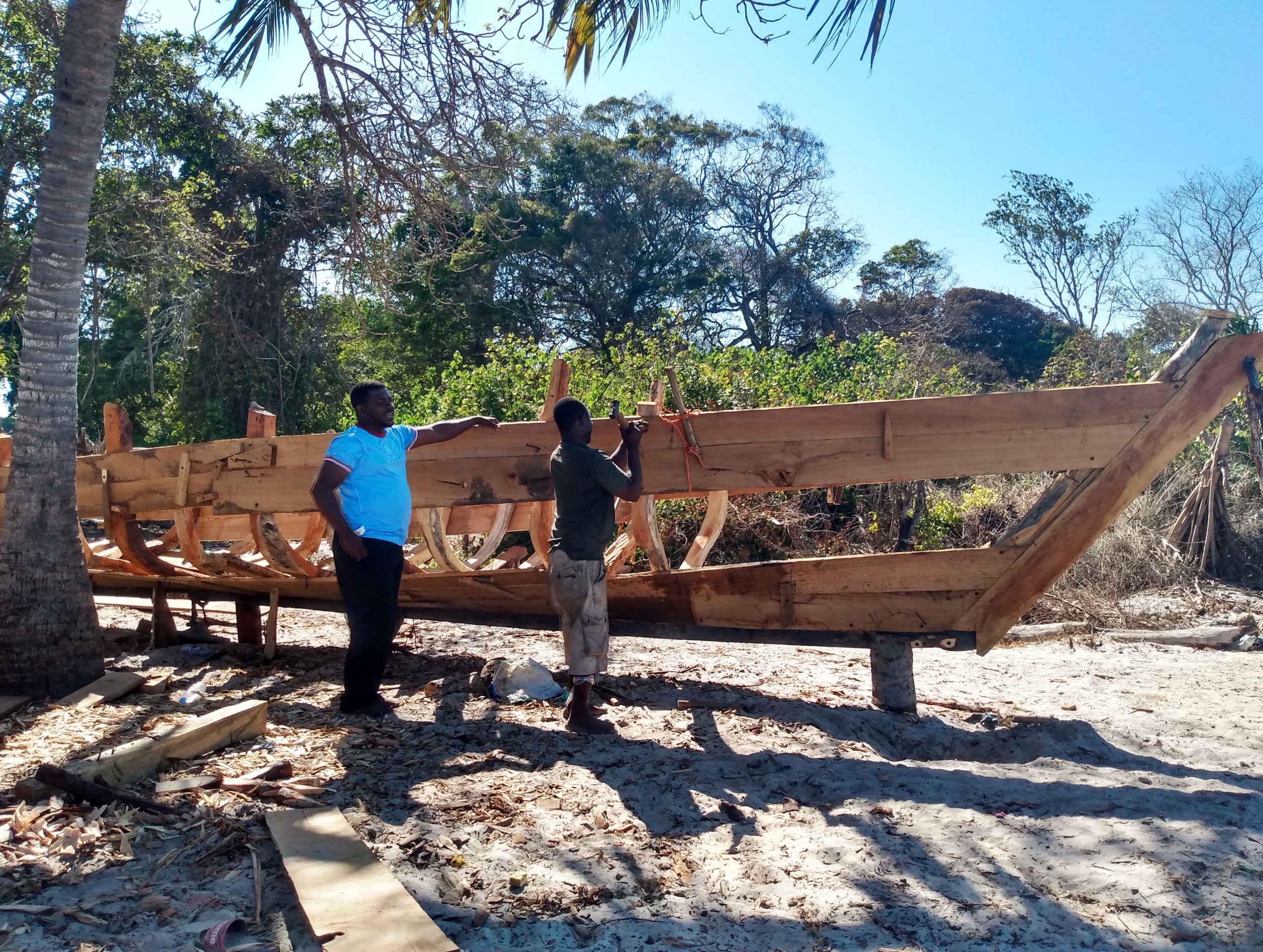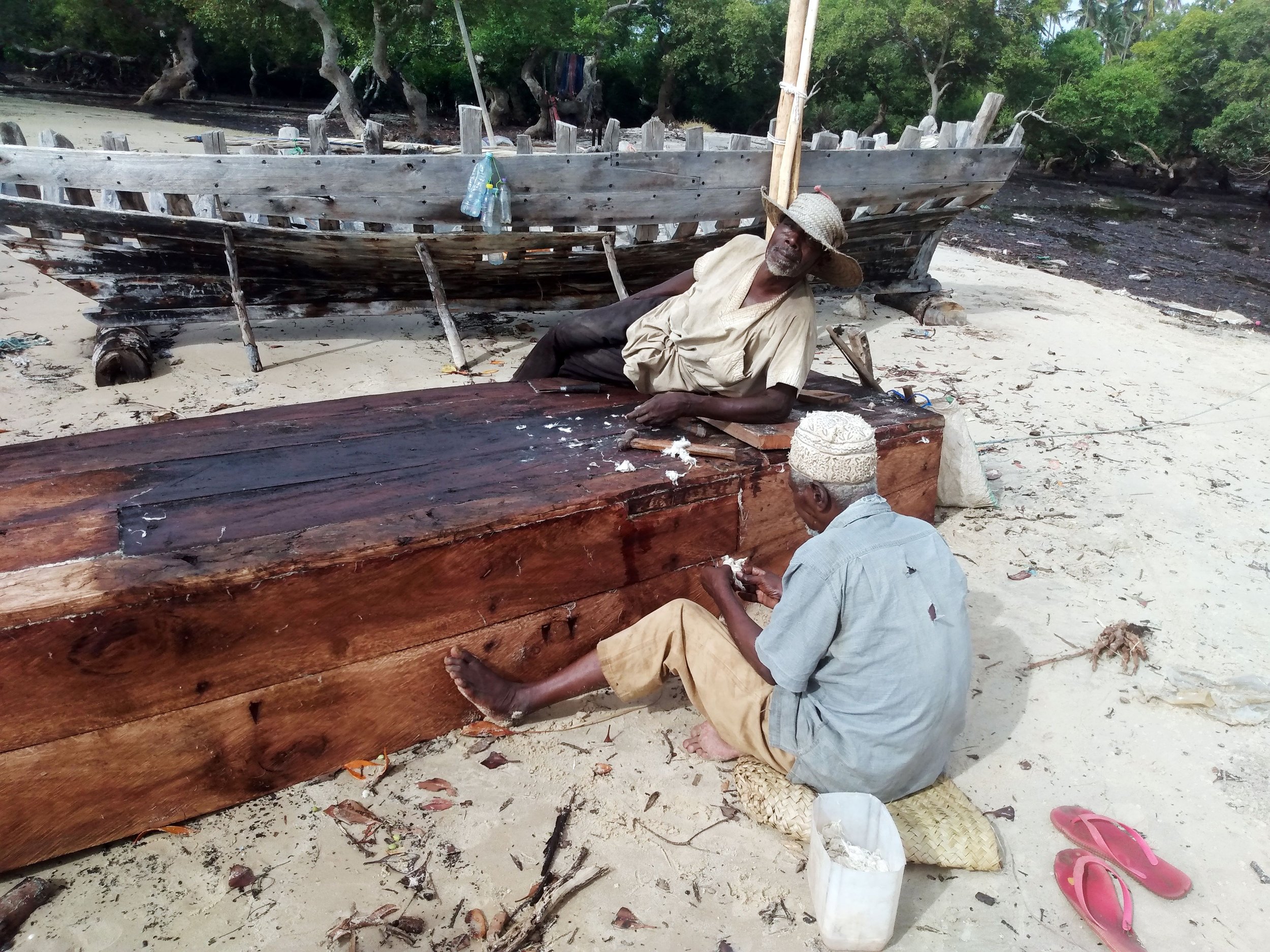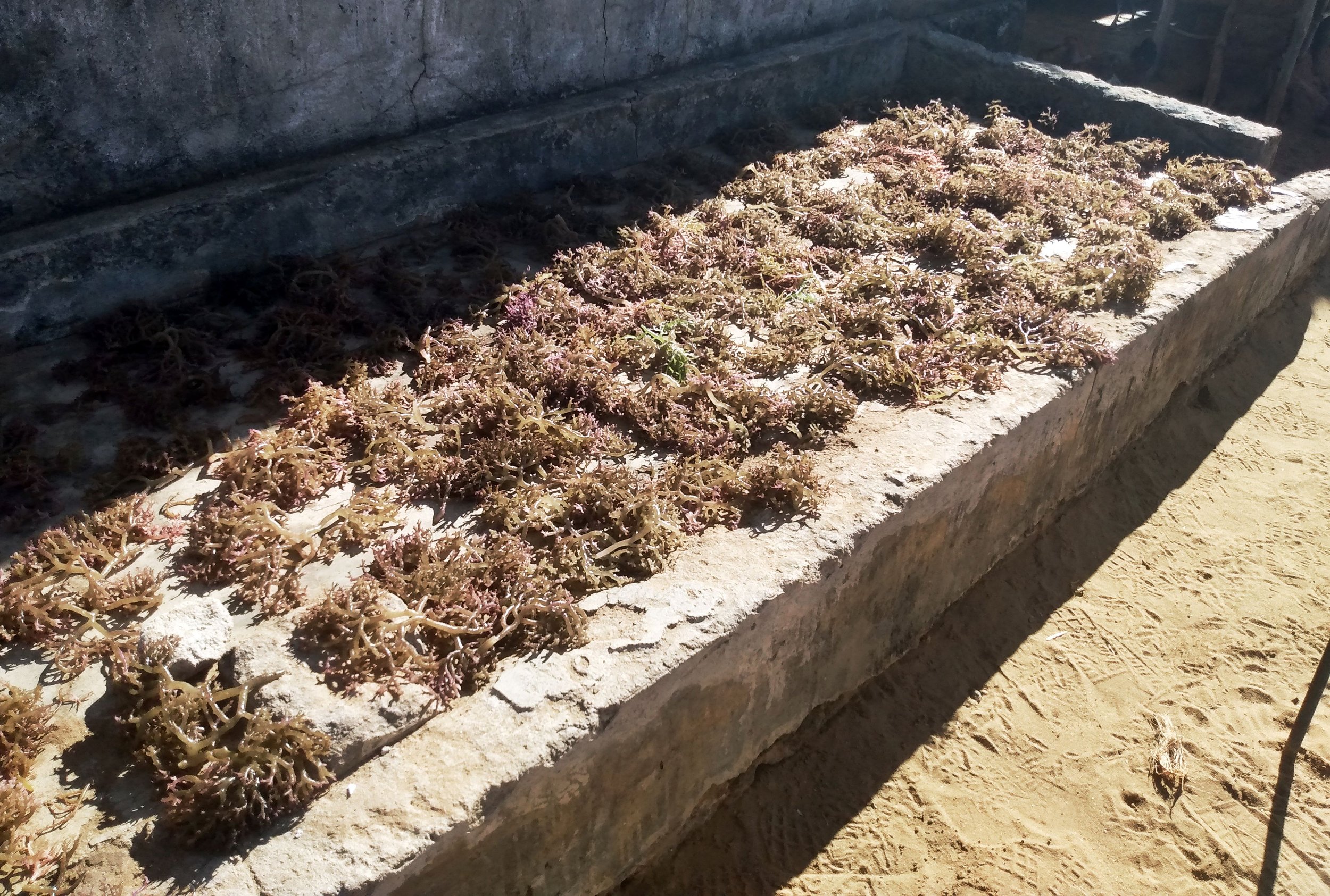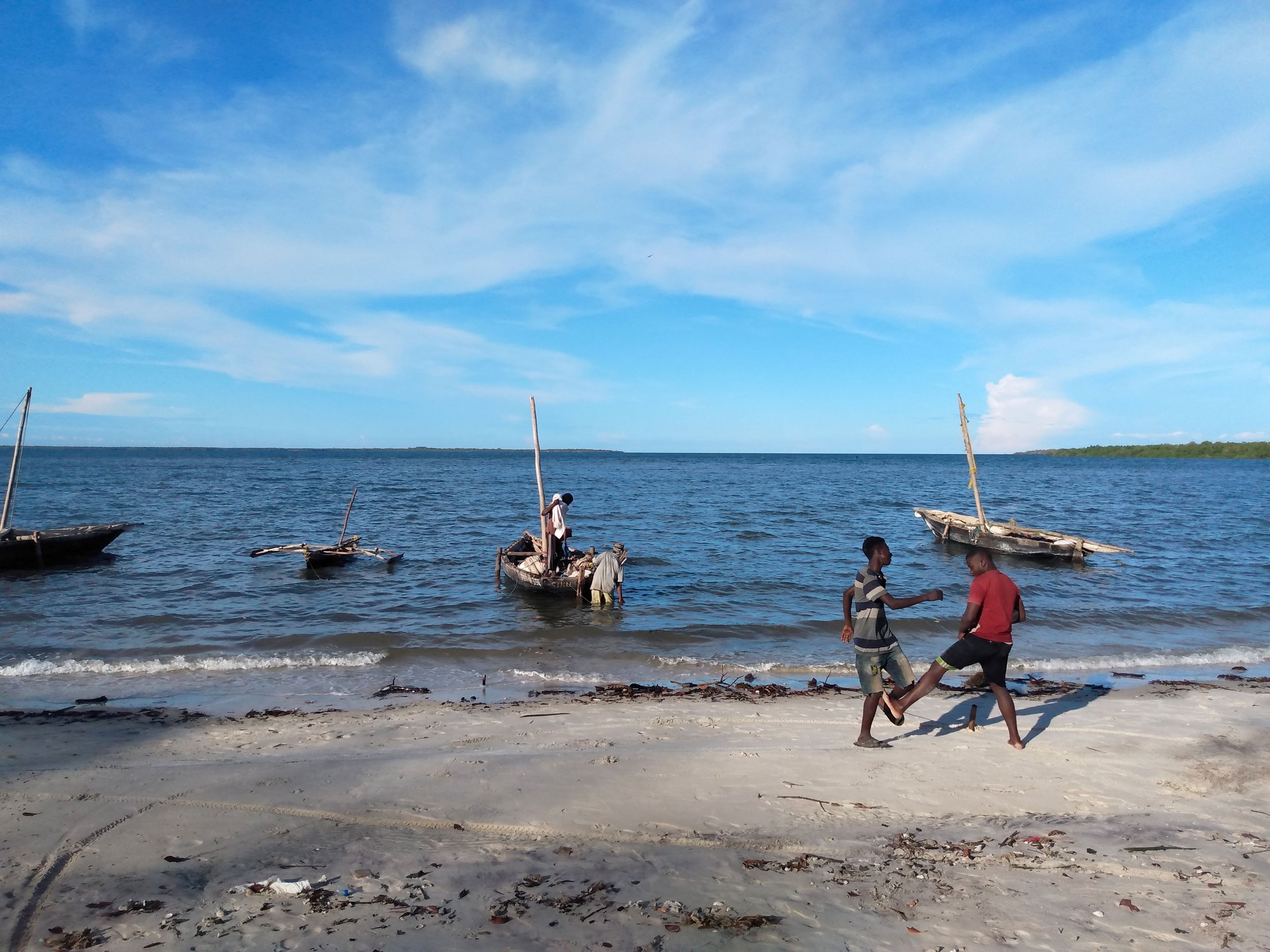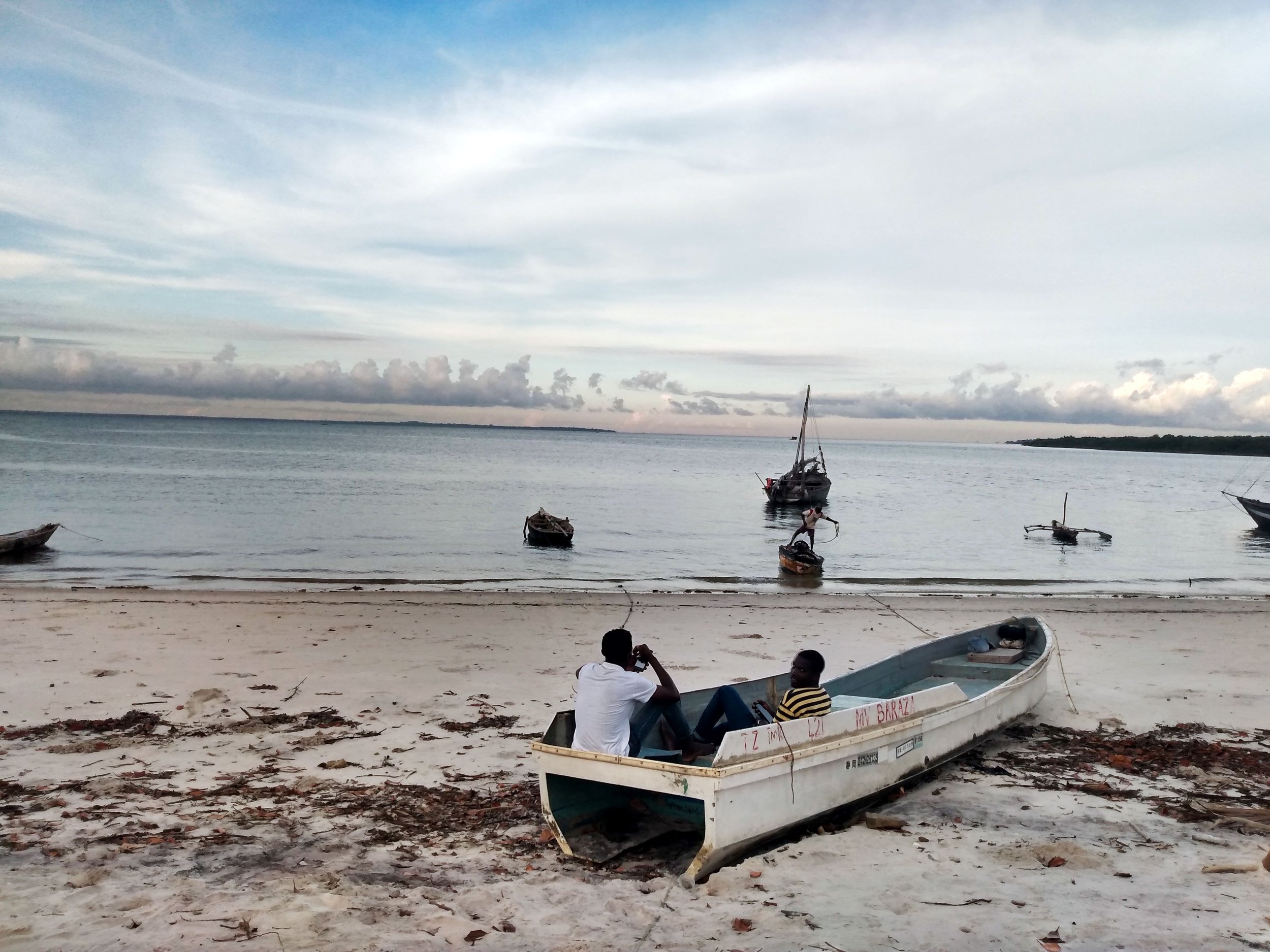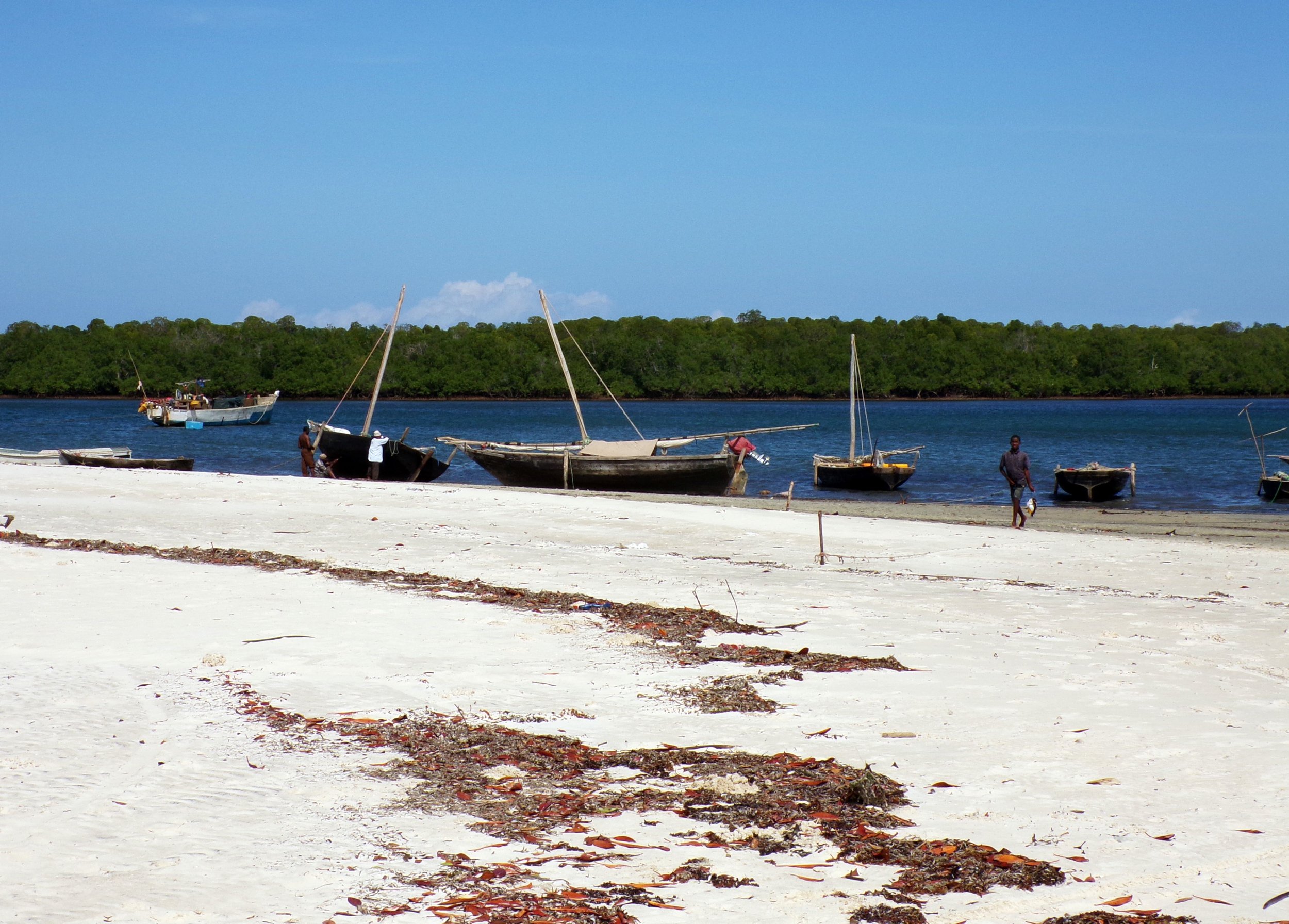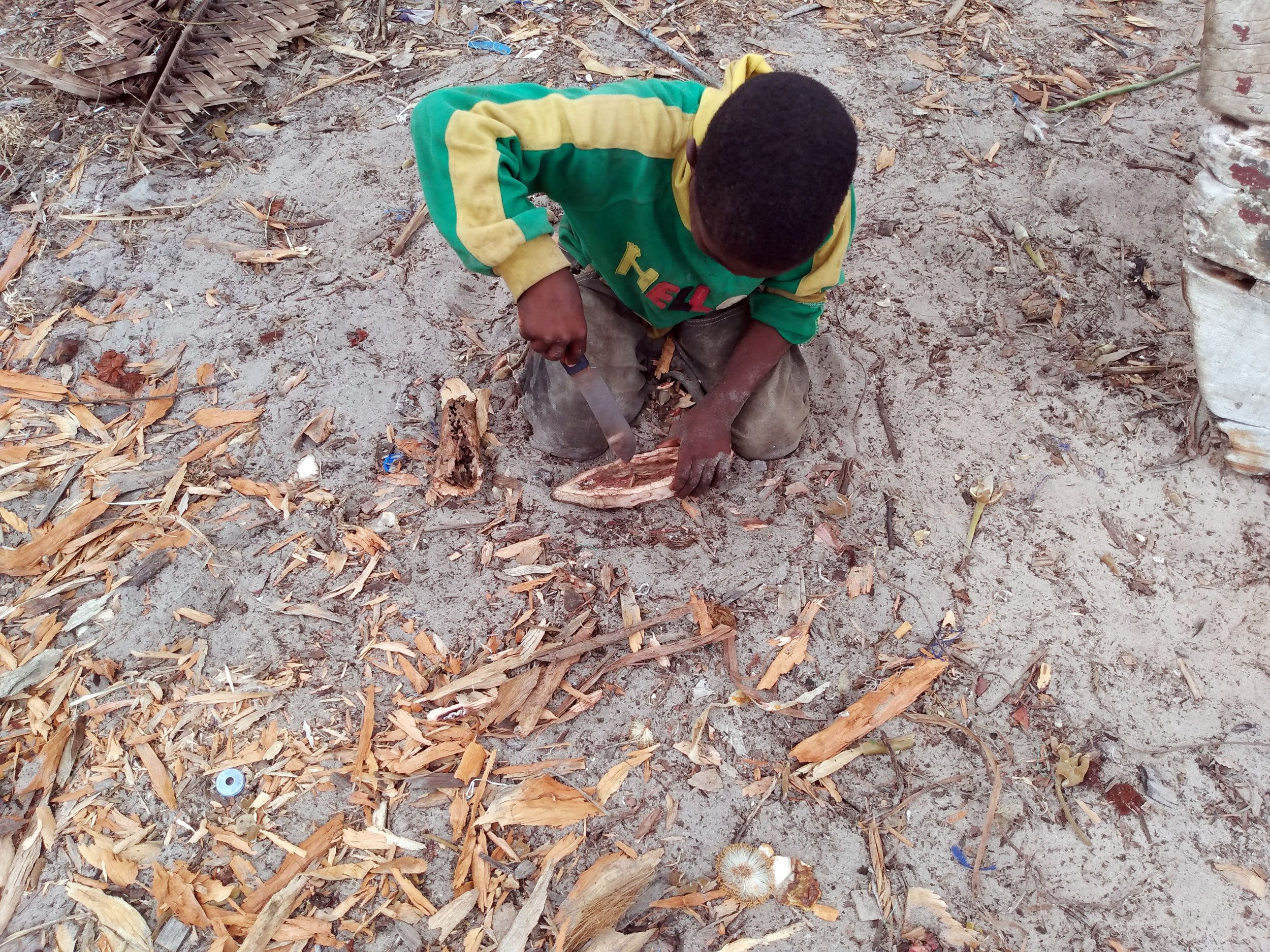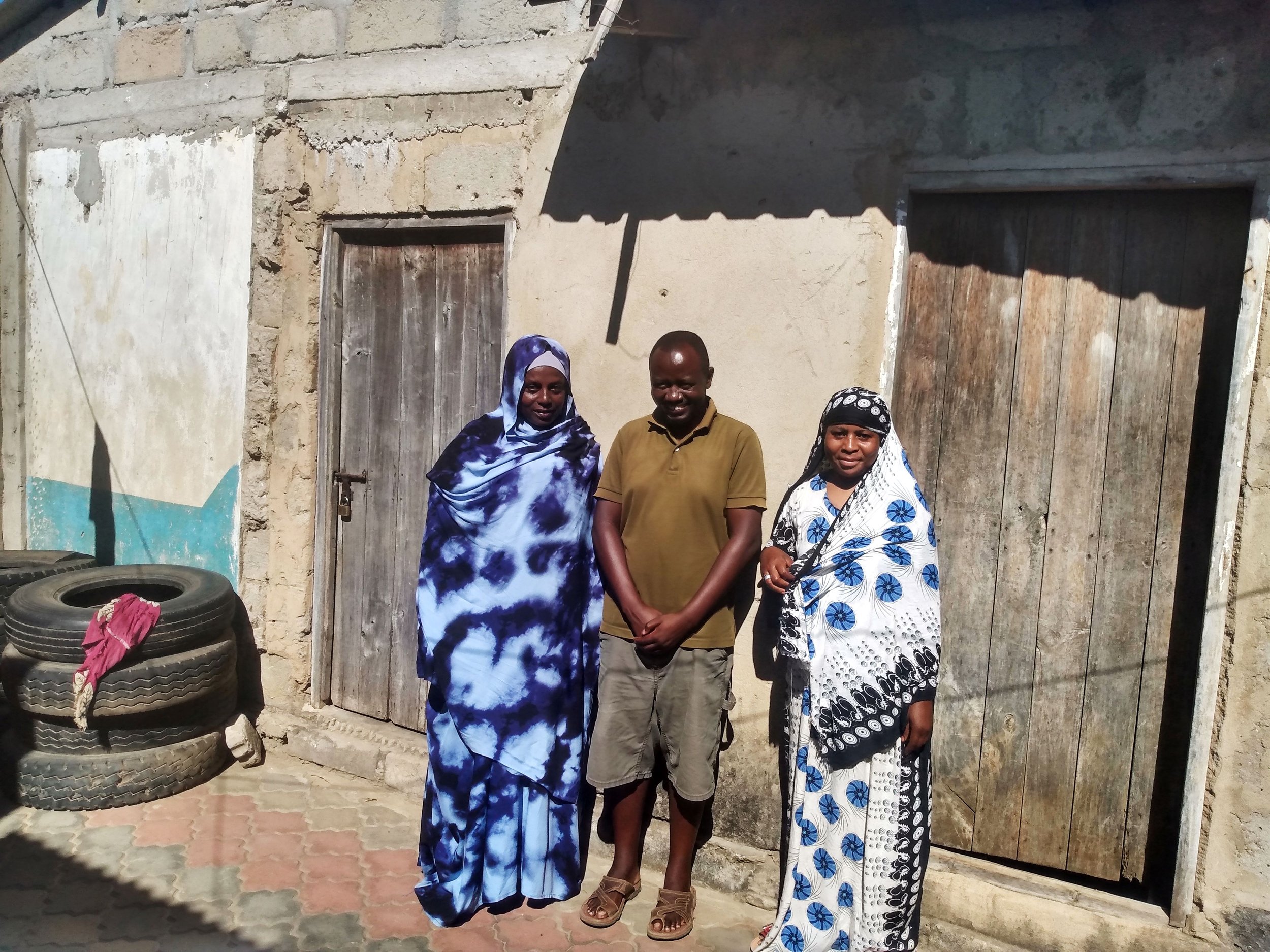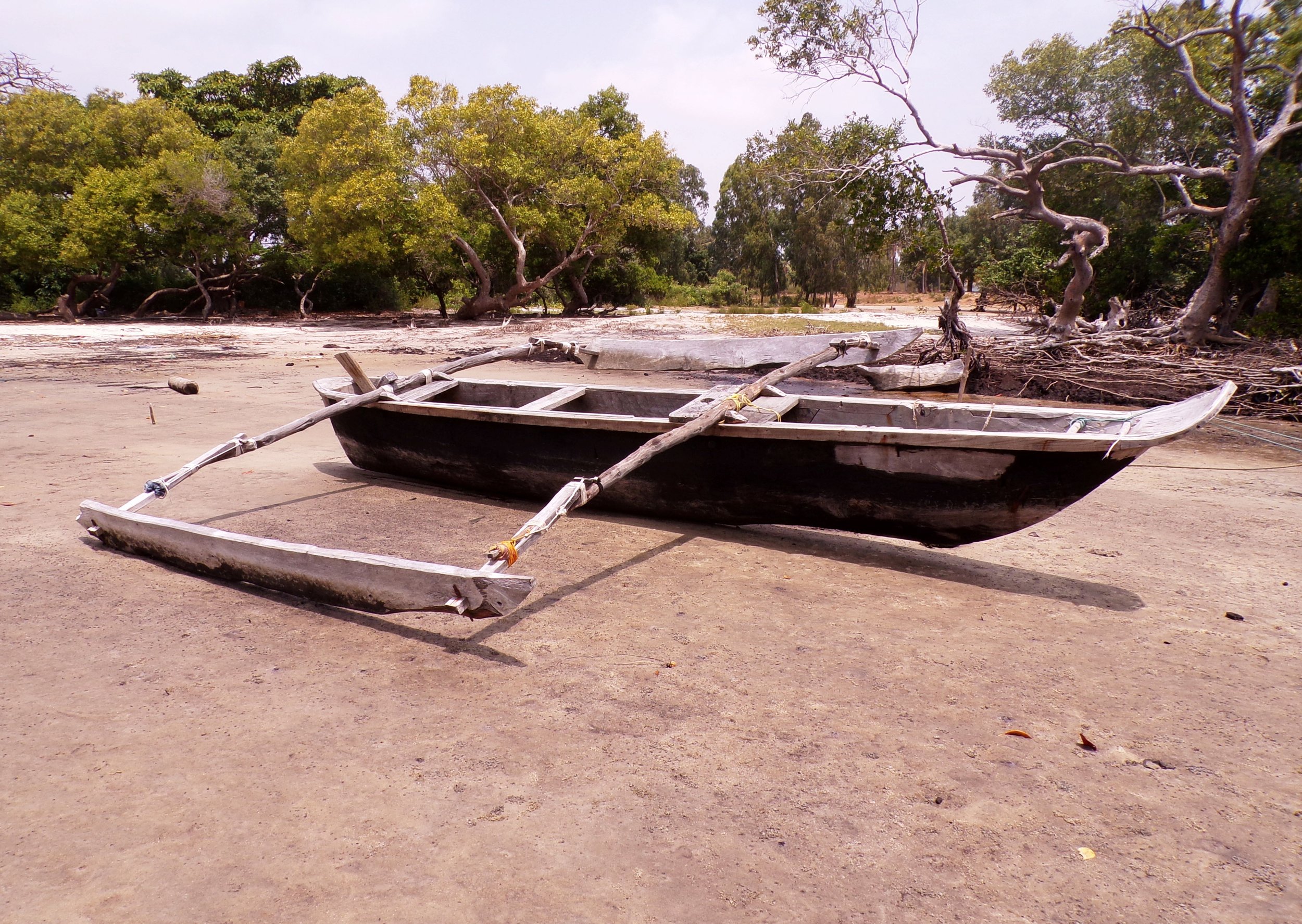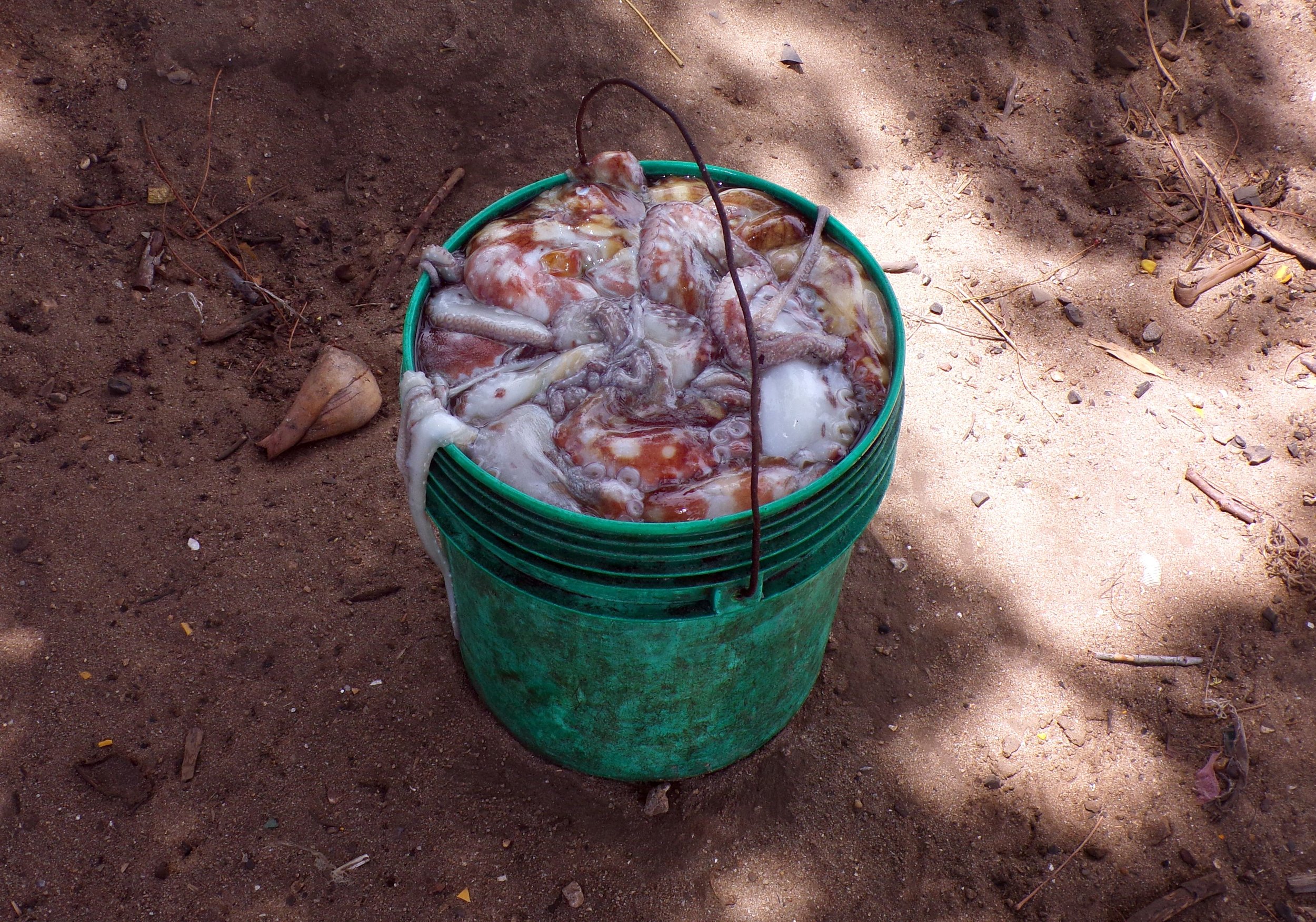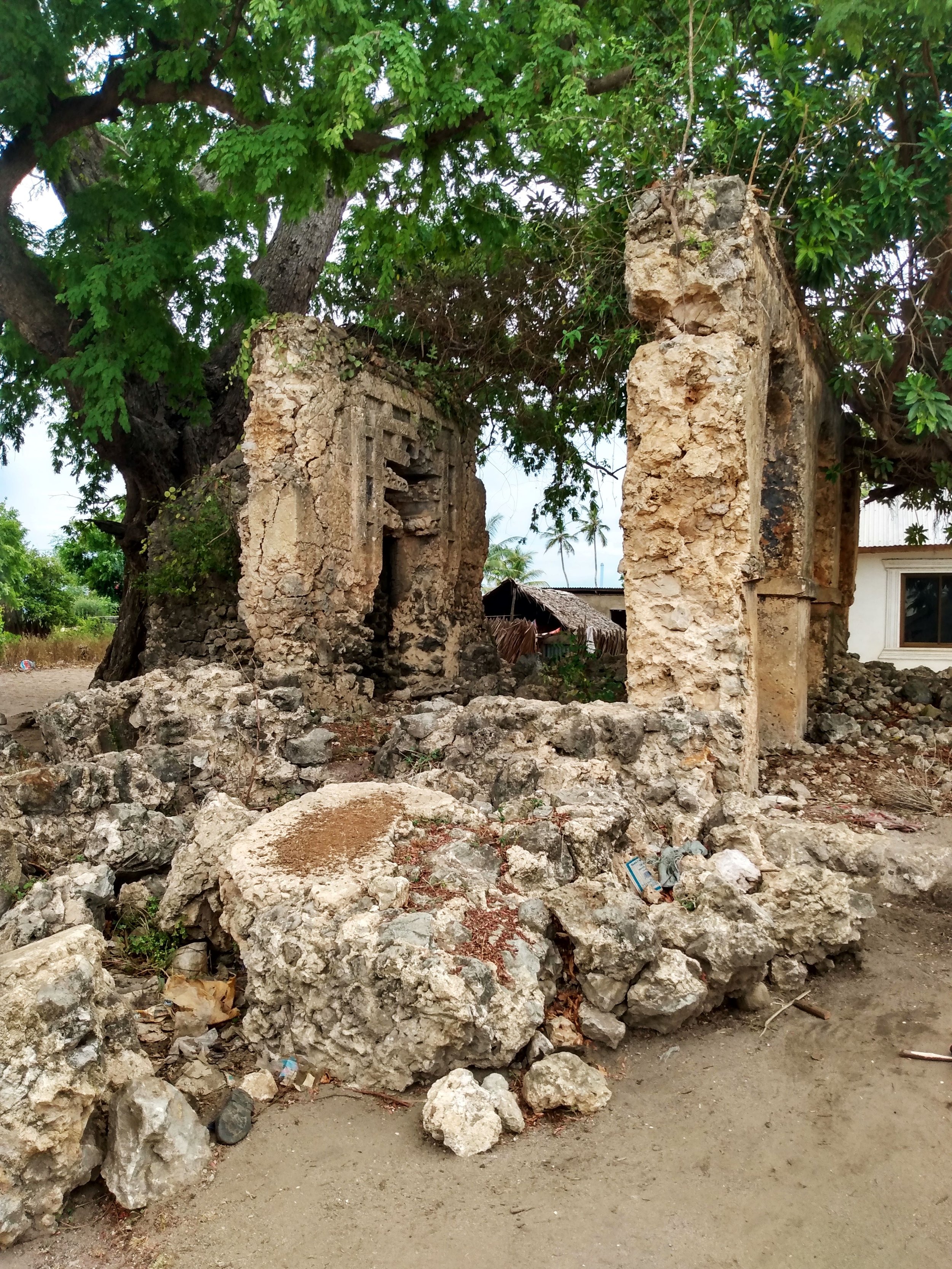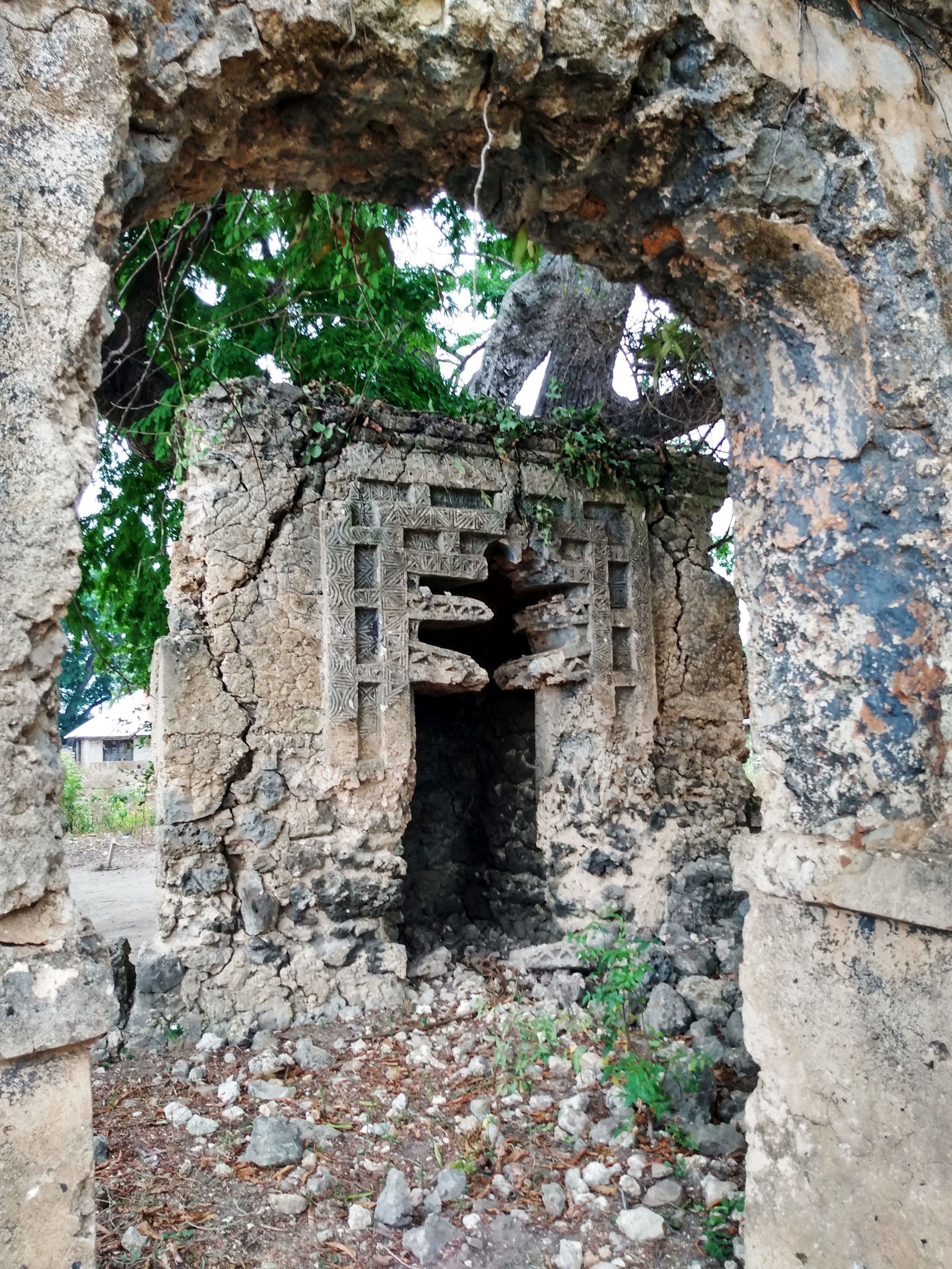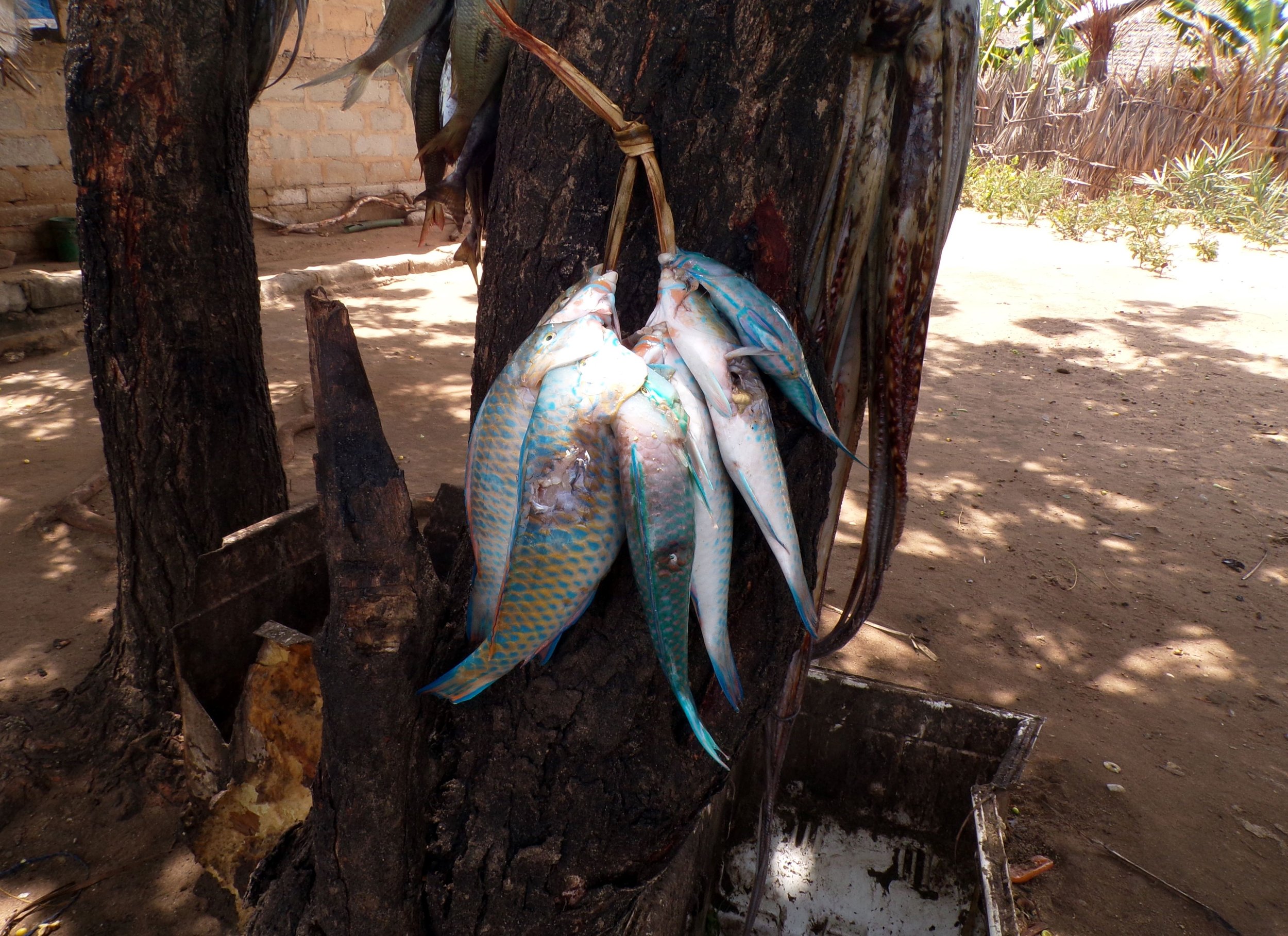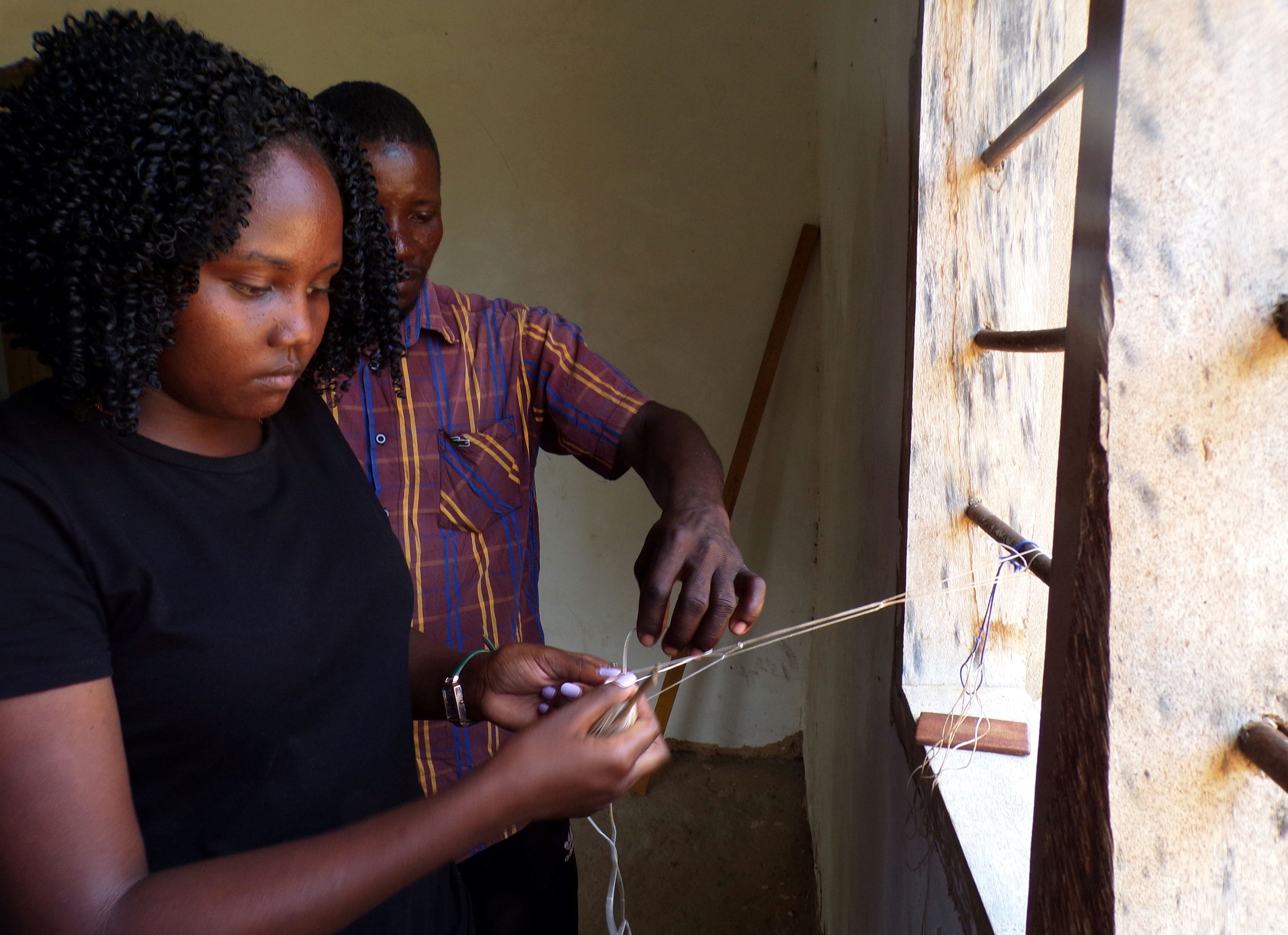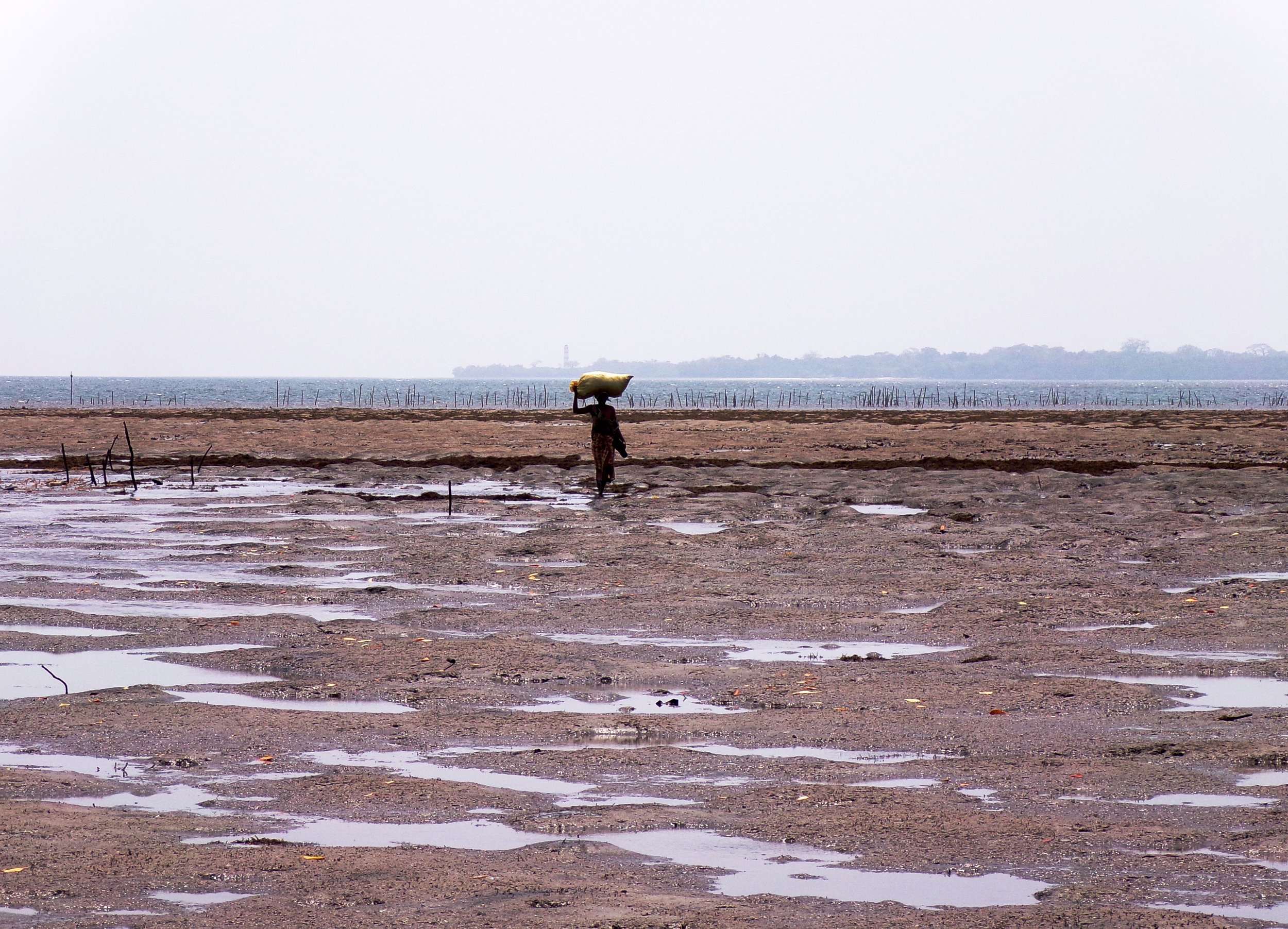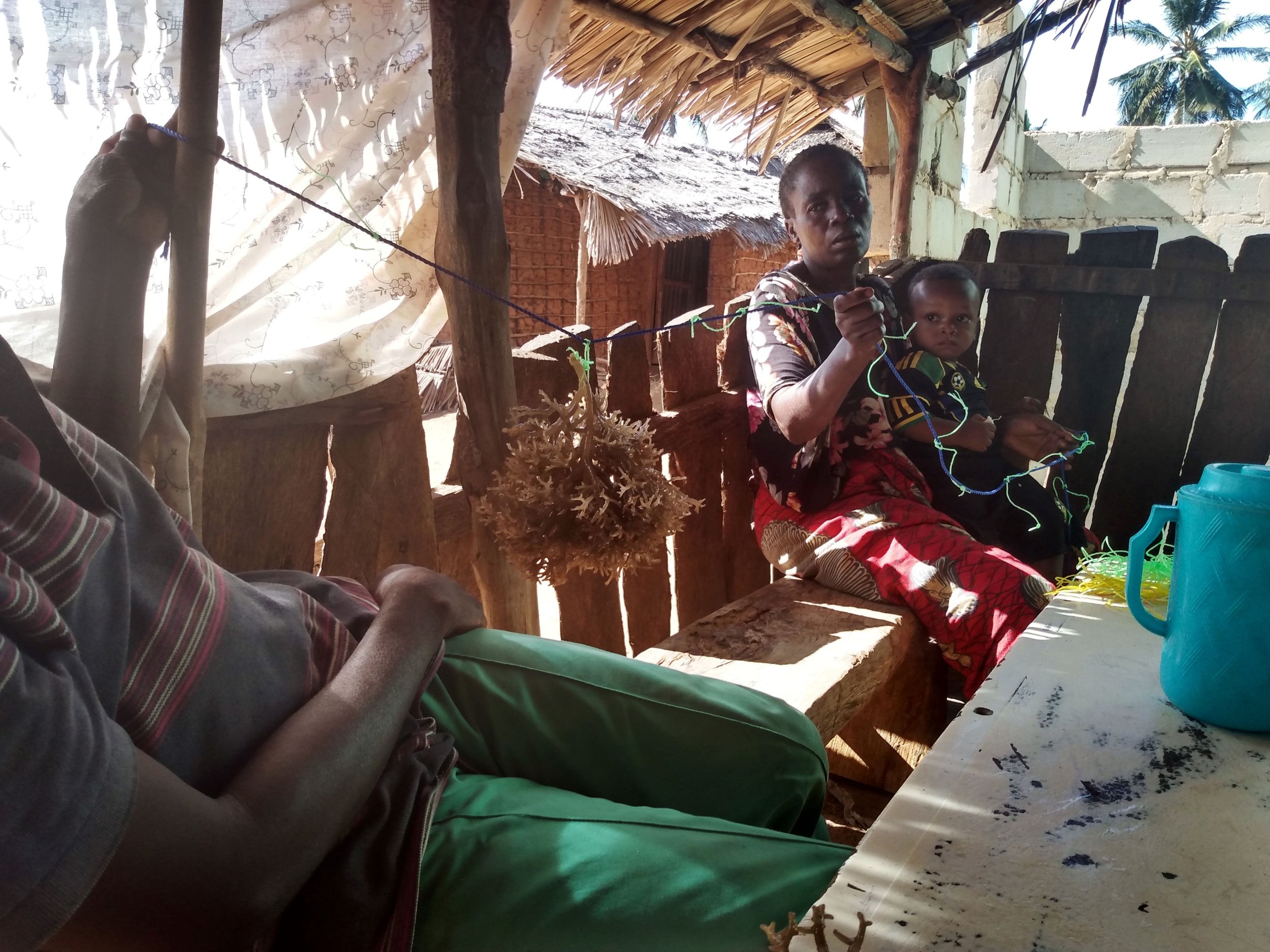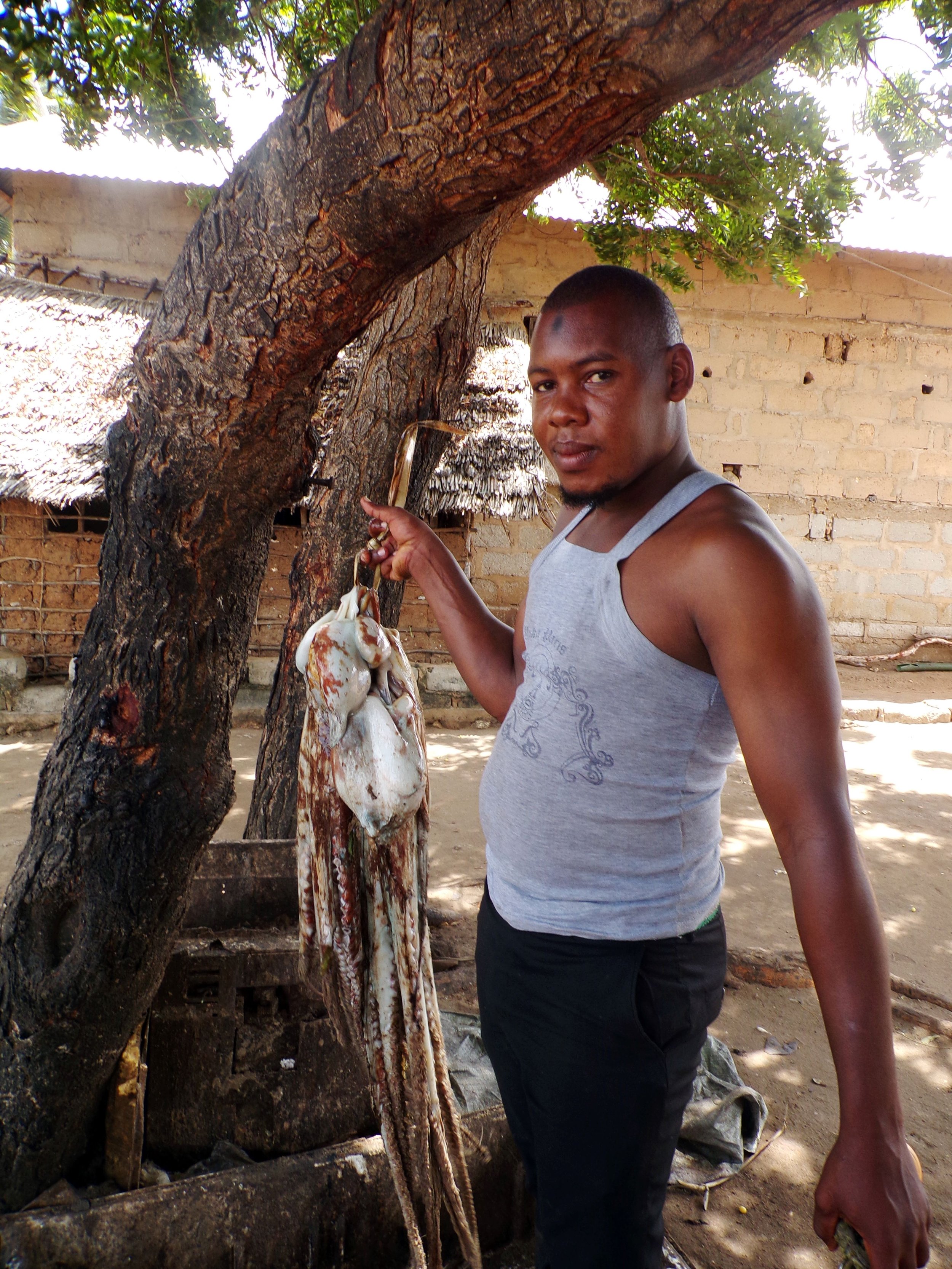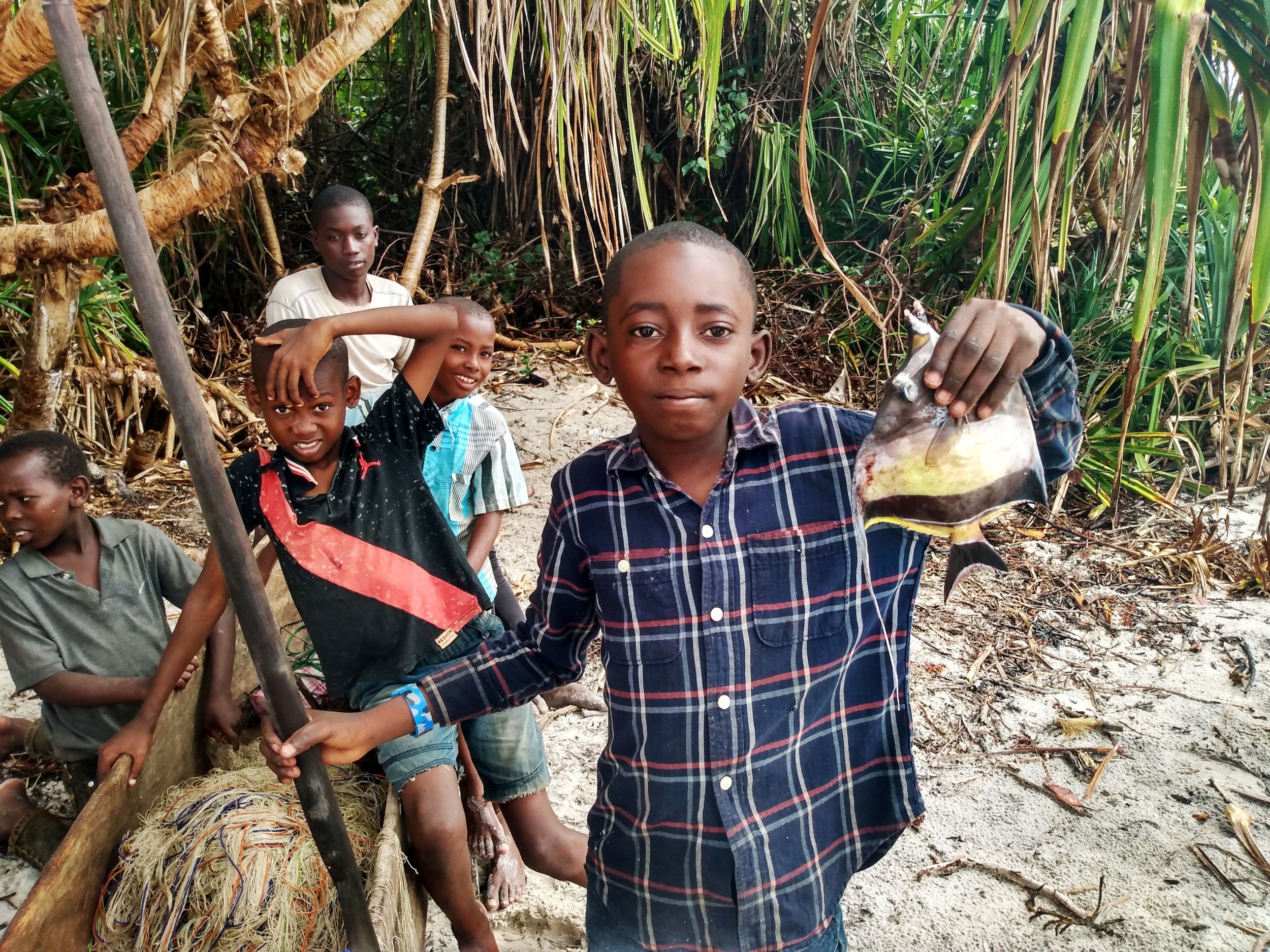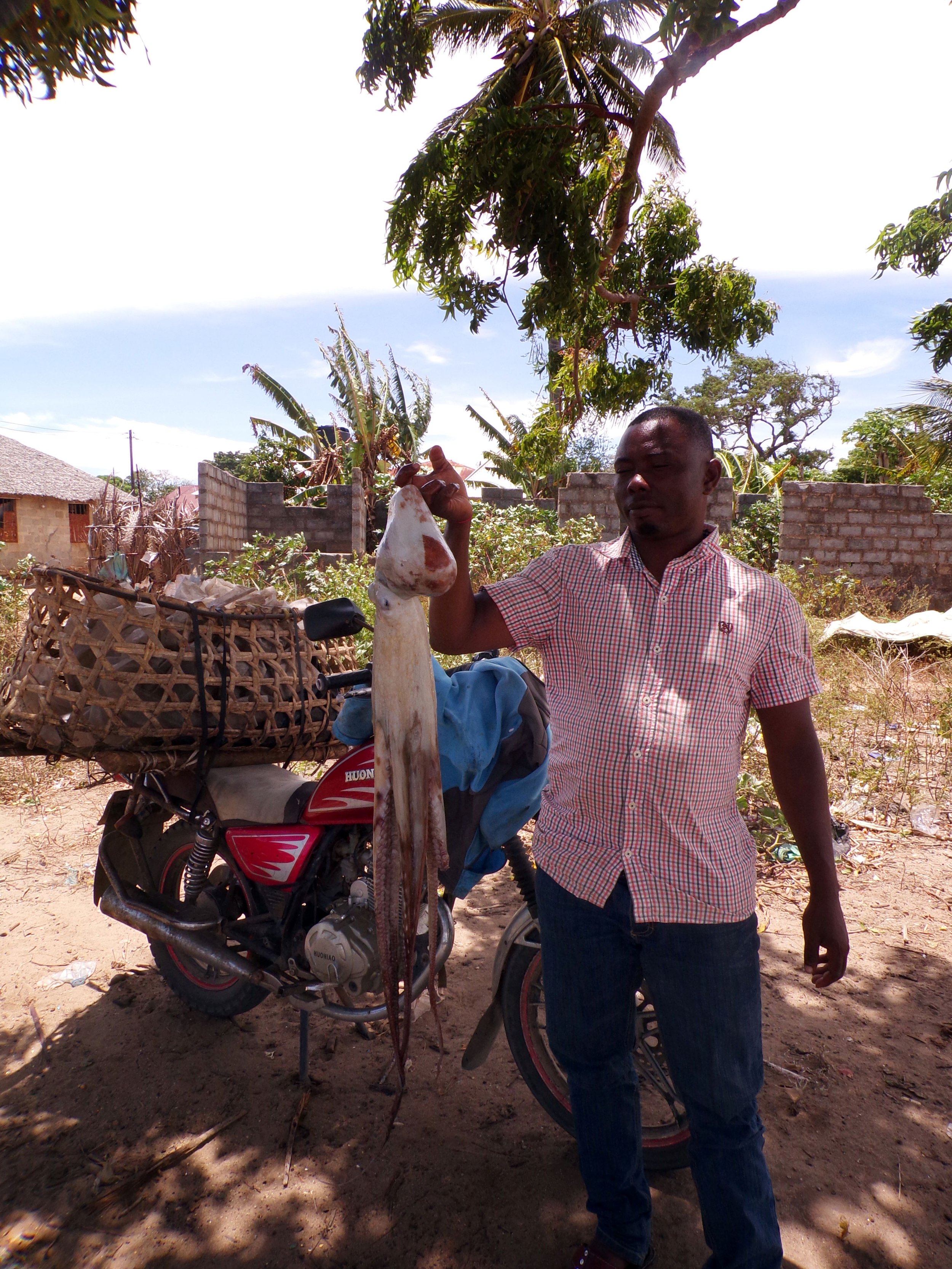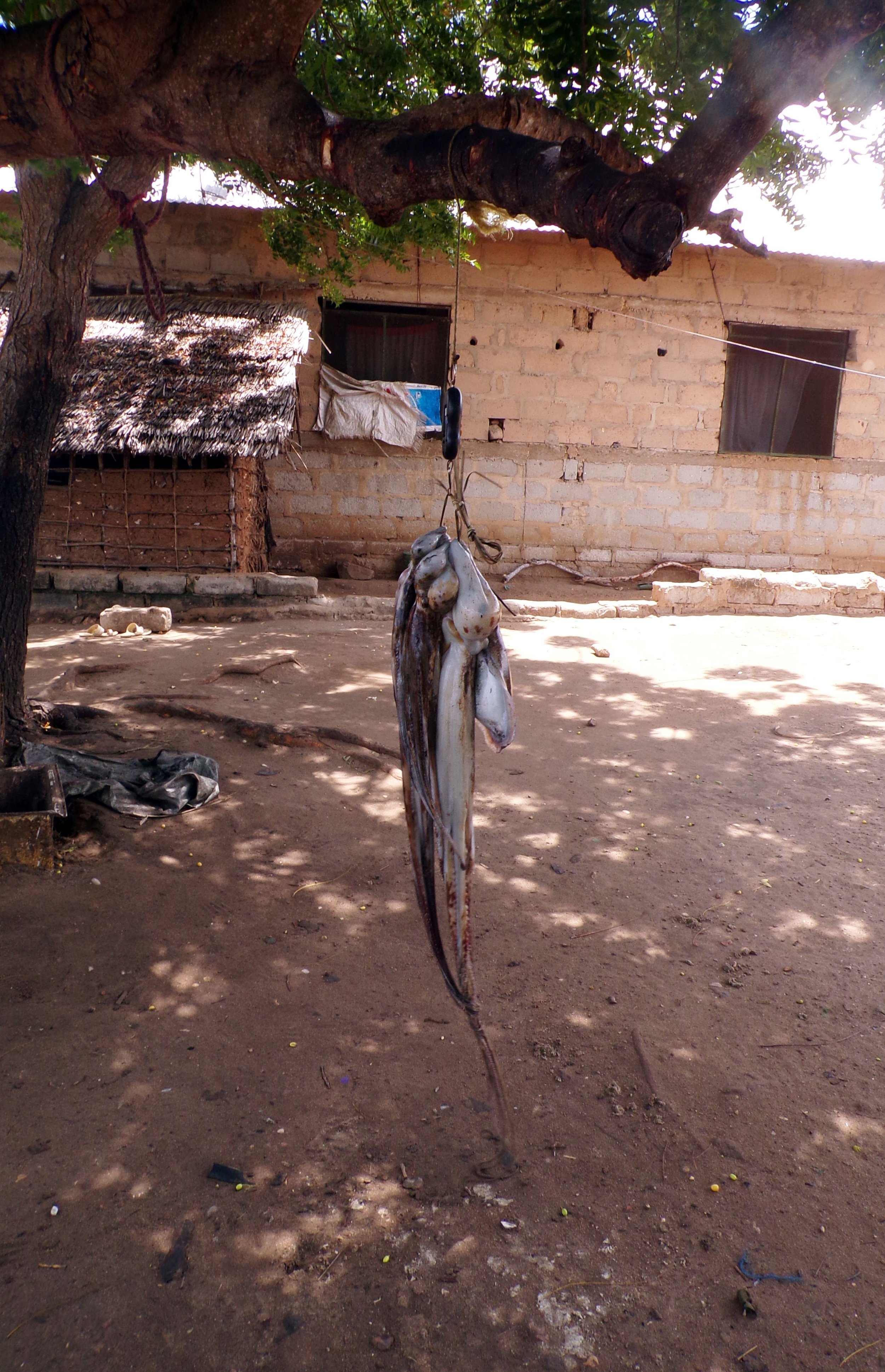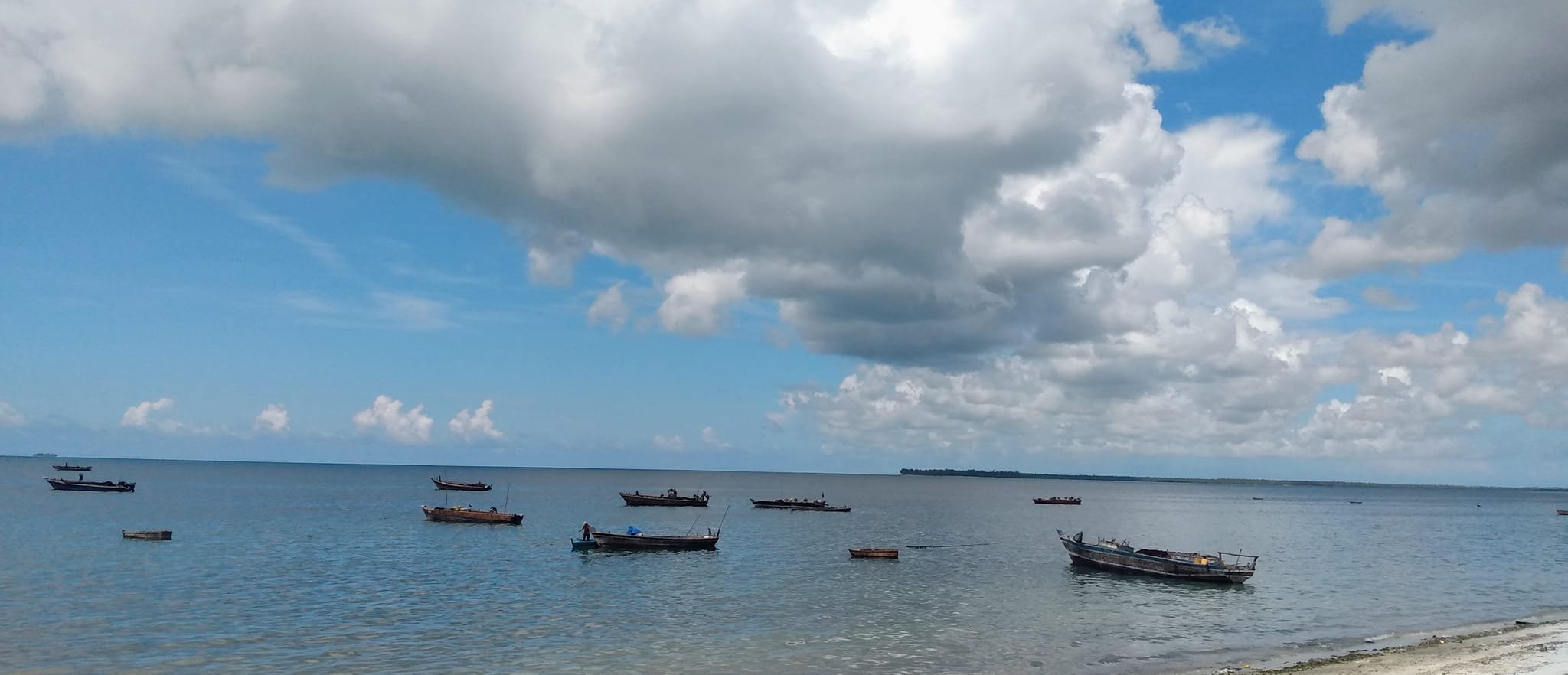
Can social ties spanning across communities motivate people to sustainably manage shared common pool resources?
Fishing is a major source of sustenance and income for Tanzanian villages along the coast of the Indian Ocean. Even though 95% of fishing in Tanzania is small-scale and artisanal, concentrated fishing can damage the environment and reduce fish stock, as seen in reduced catch efficiency over the past several decades. To manage the fisheries, the Tanzanian government has implemented a participatory co-management scheme with fisheries, establishing Beach Management Units (BMU) at most landing sites. Yet, most fishing grounds are accessed by multiple villages, requiring villages to cooperate to manage shared fisheries. Recently, a number of Collaborative Fishery Management Areas (CFMA) have been established to coordinate the activities of multiple BMU.
The success of the BMU and CFMA depends on stakeholders participating in the management of their local environment. What motivates fishers and other stakeholders to participate? One possibility is that social connections spanning across villages within a CFMA can motivate people to contribute to the management of fisheries. Because failure to participate in management can generate costs for others who use the same fishing grounds, having valued relationships in other villages - whether it be family, friends, or associates - may discourage abuse of the fishing grounds and encourage participation in local management.
In collaboration with Anne Pisor and Monique Borgerhoff Mulder, I am conducting a longitudinal study in the Tanga region of Tanzania to test whether these long-distance relationships can be one pathway to the successful management of shared fisheries.
Relevant publications
